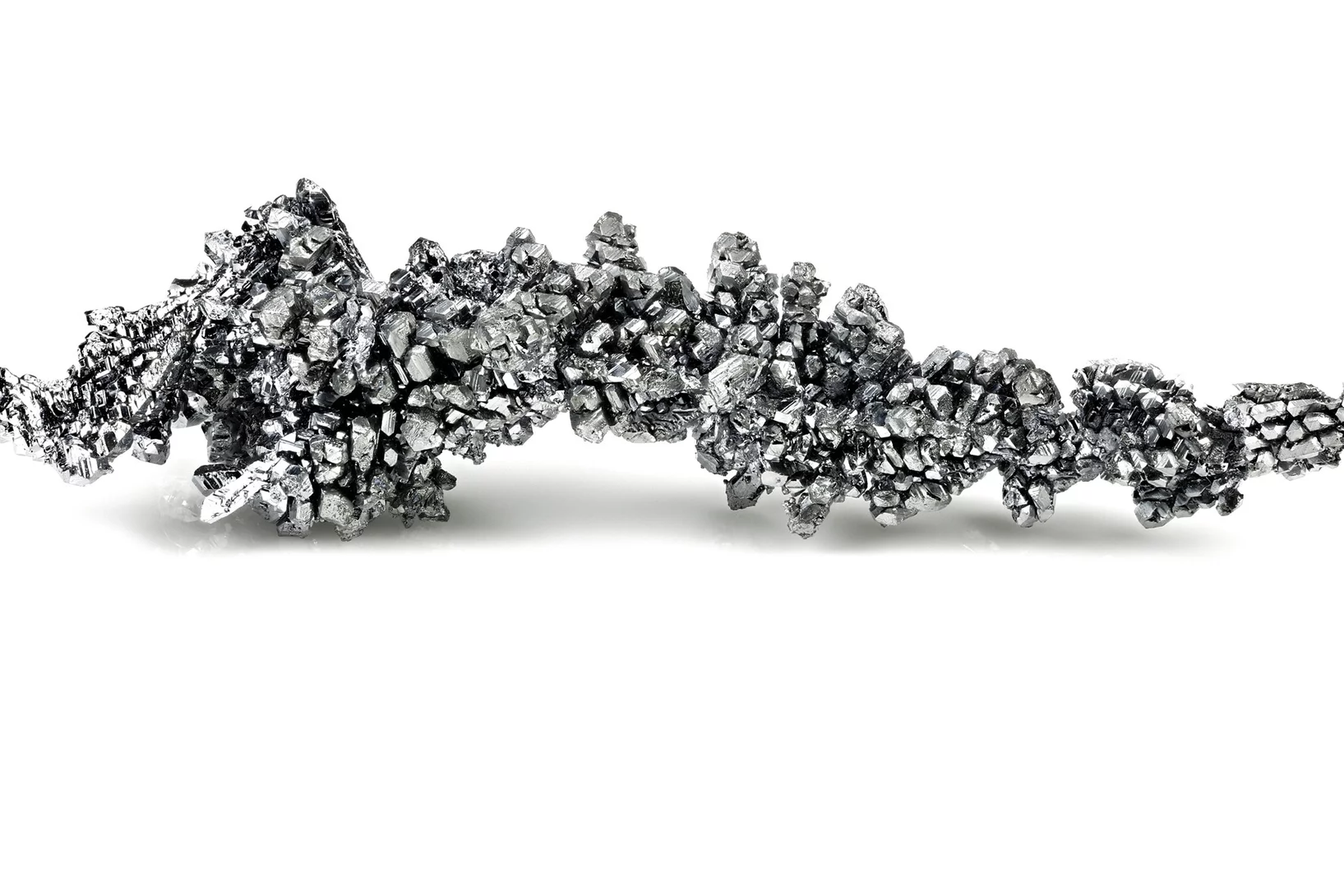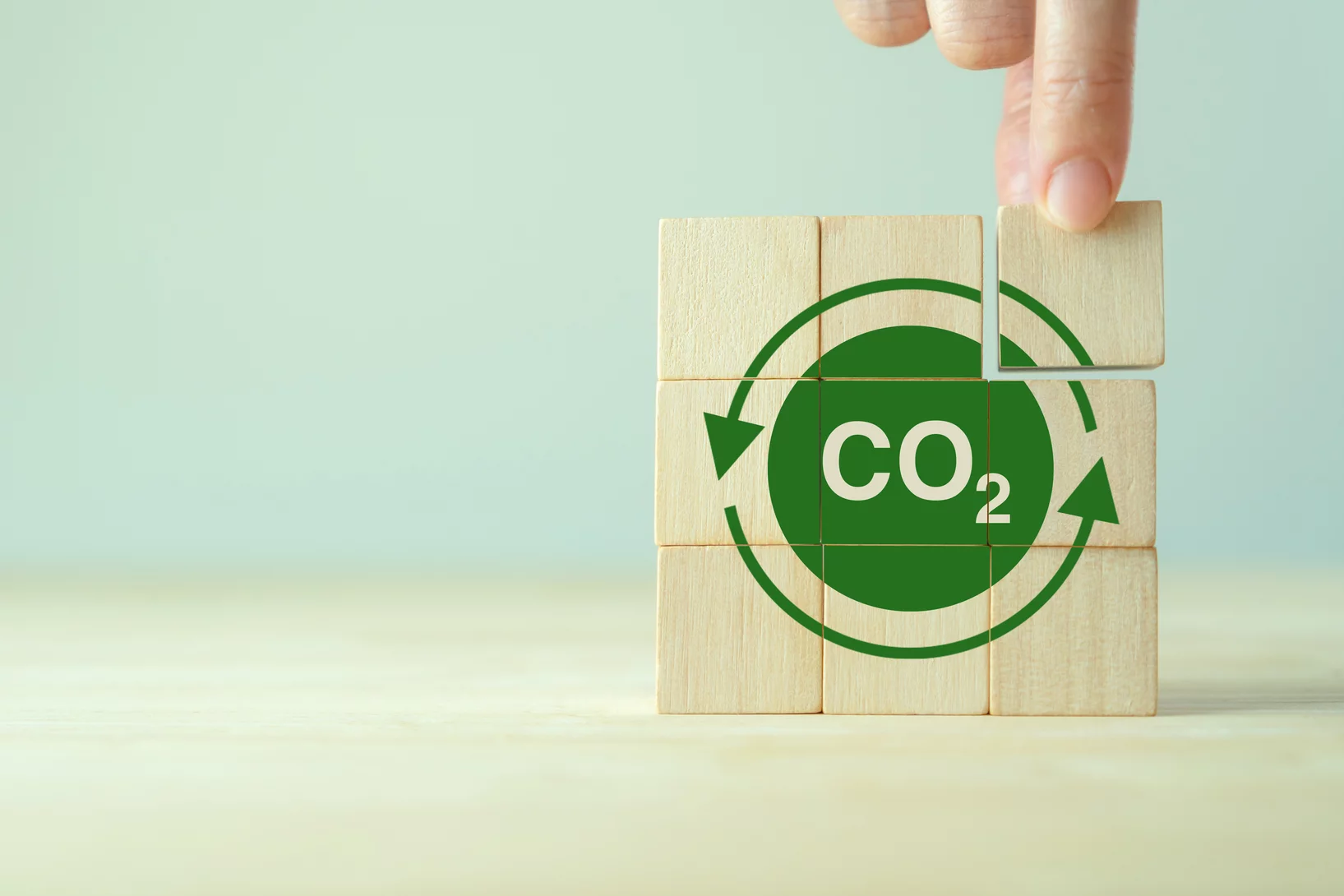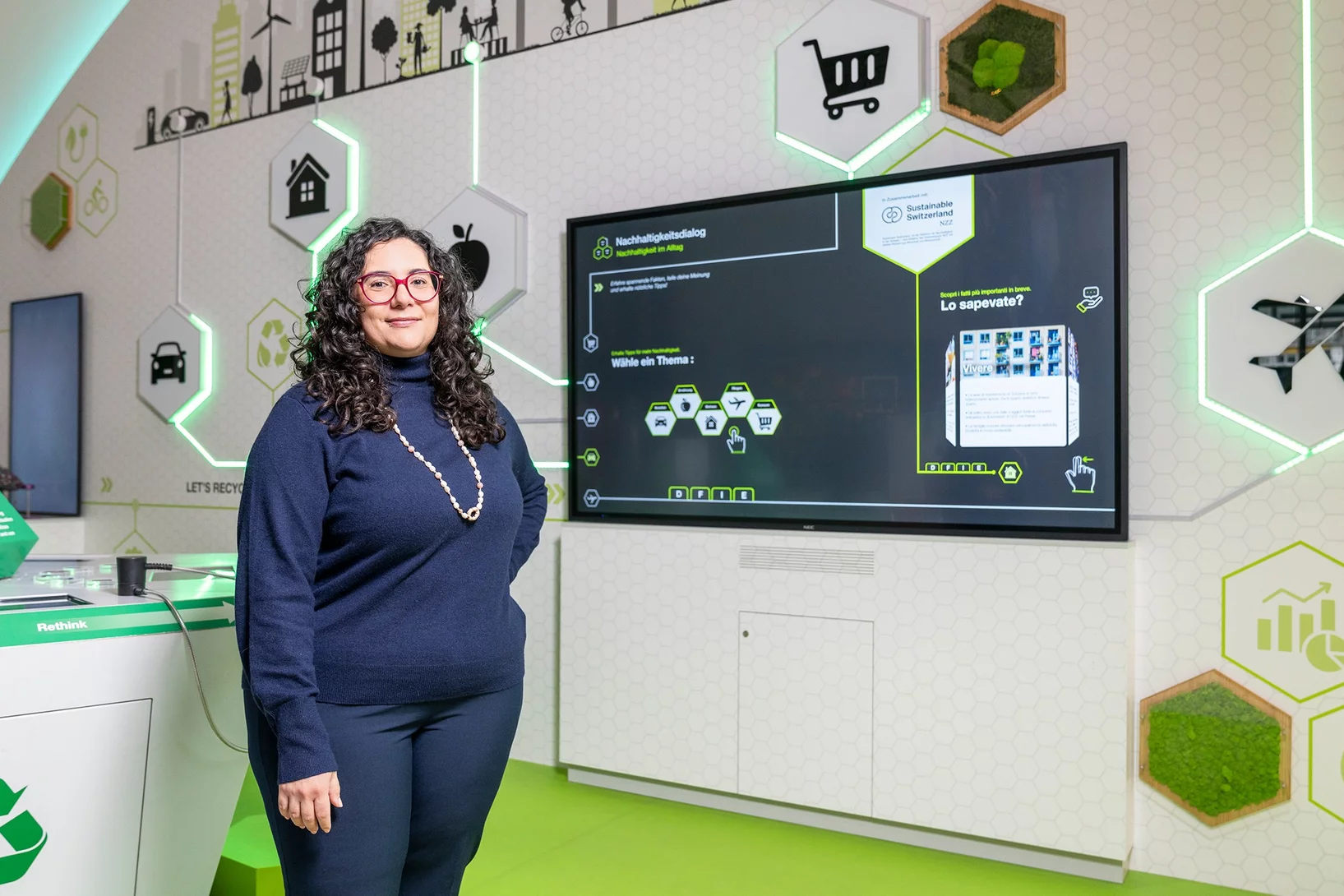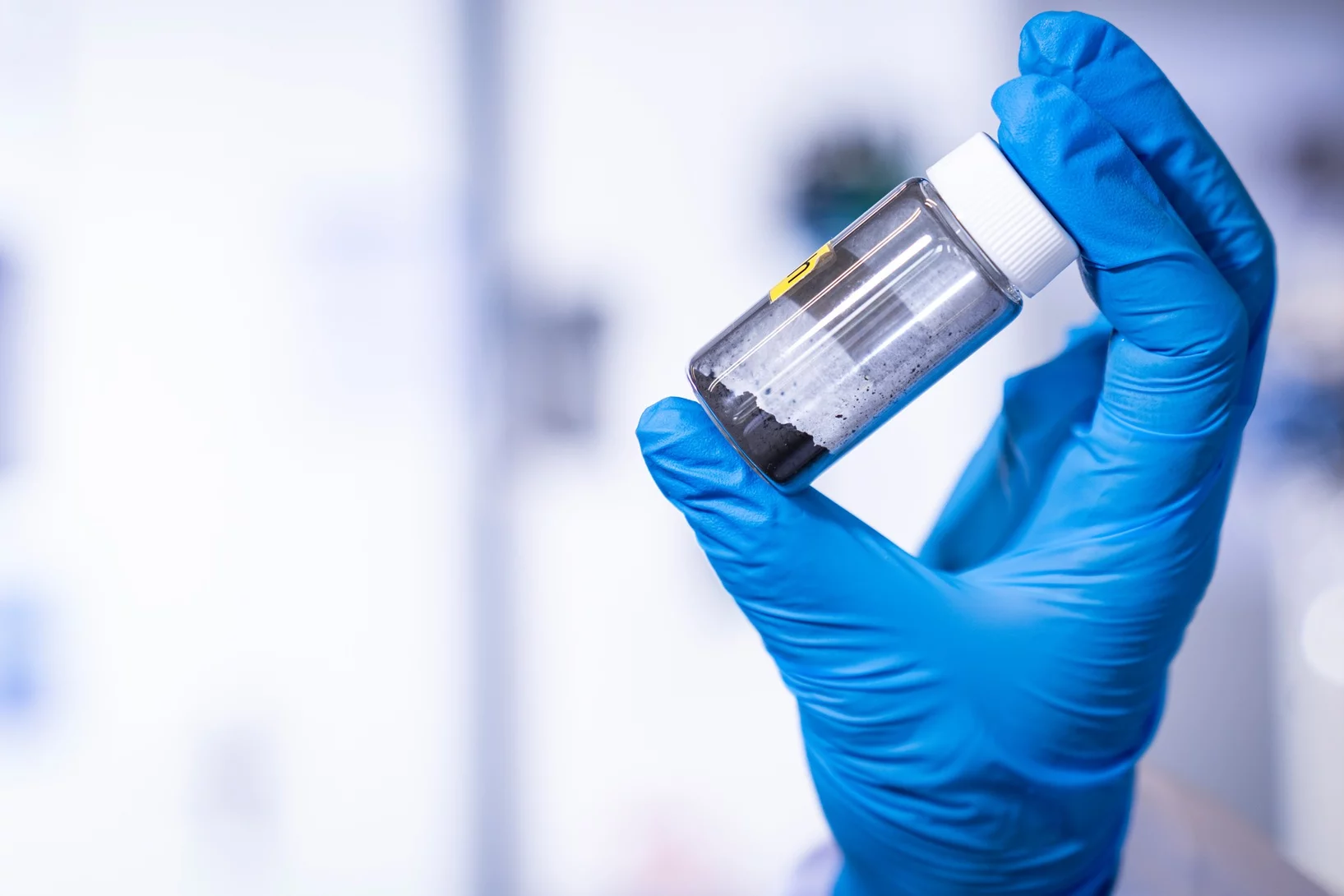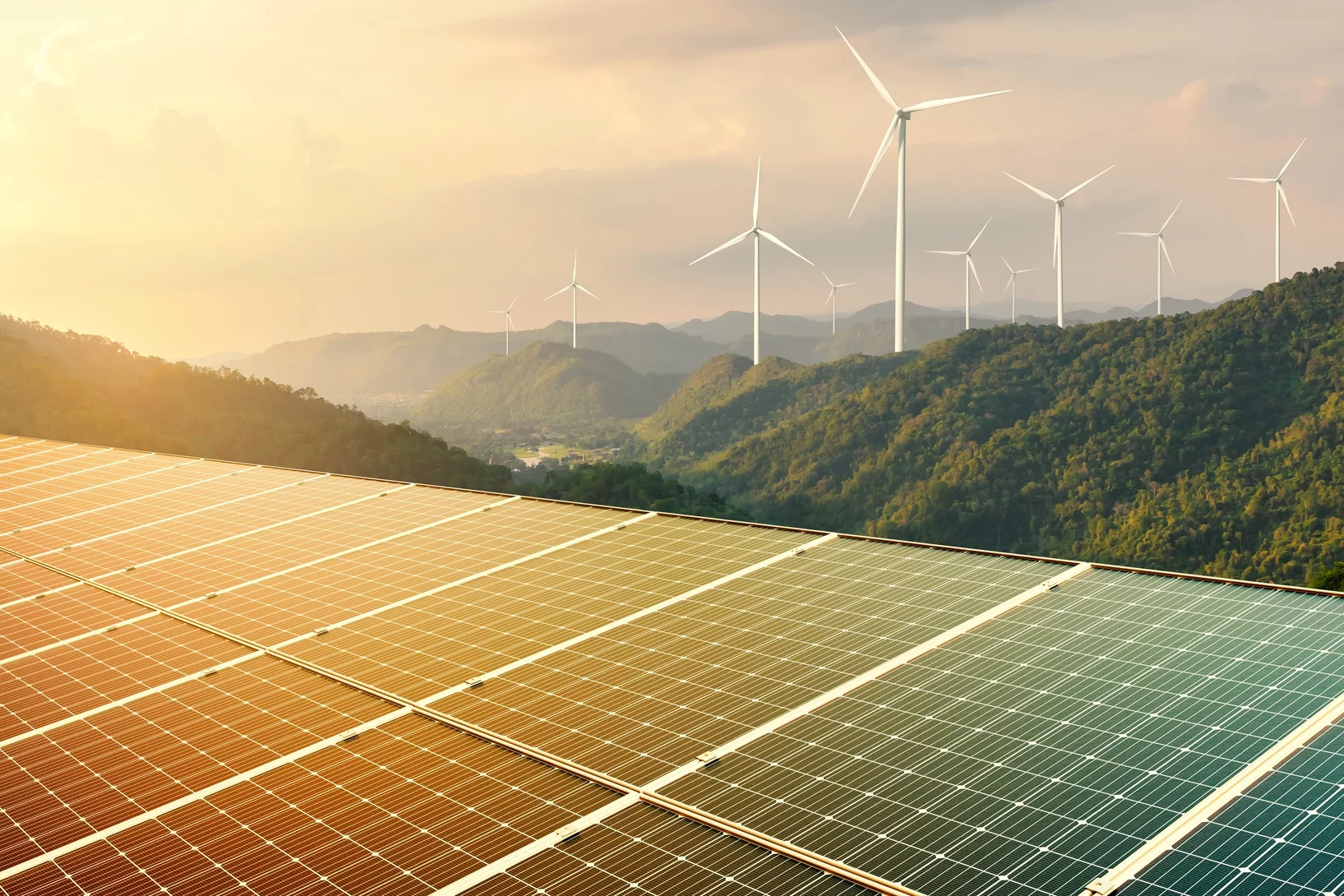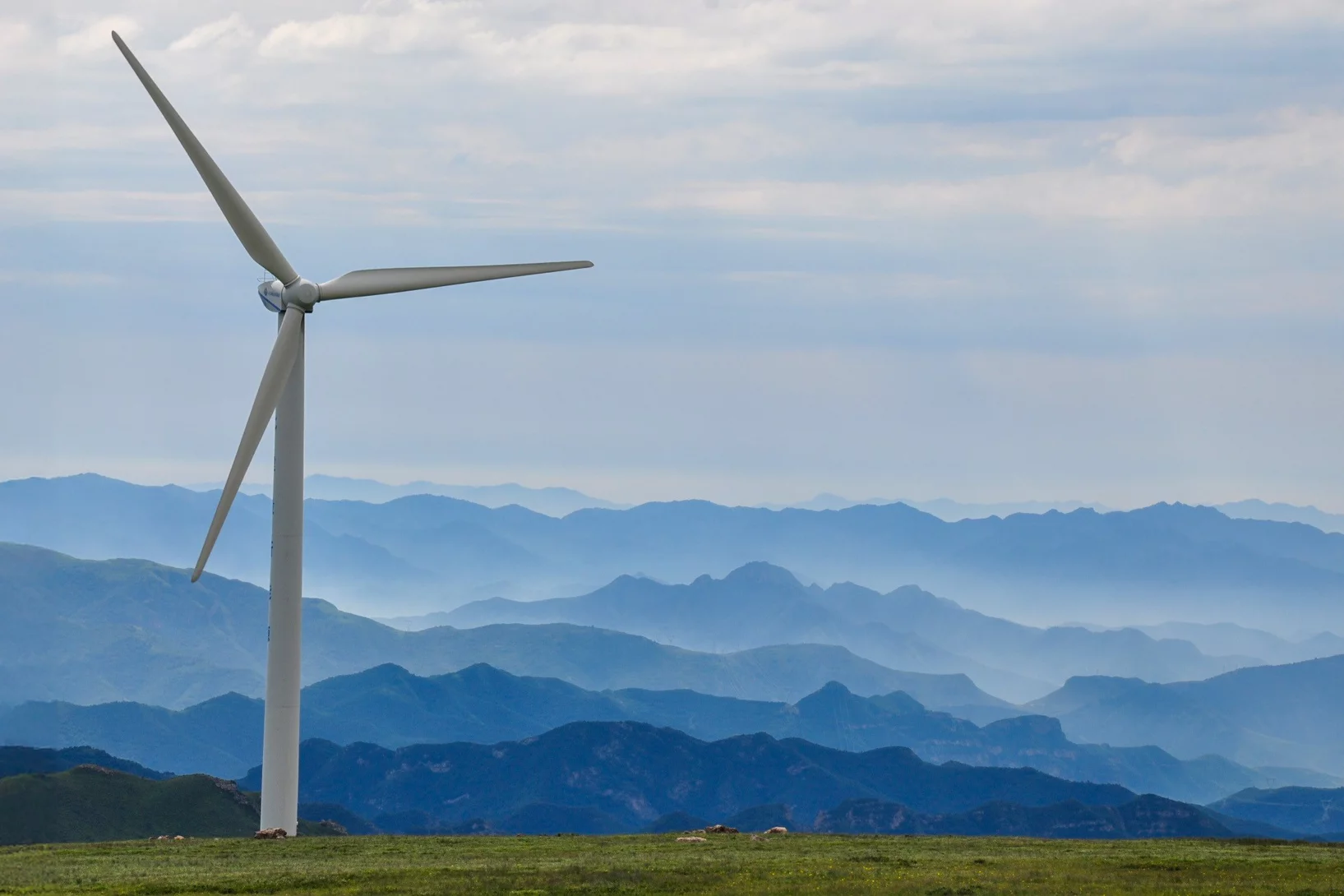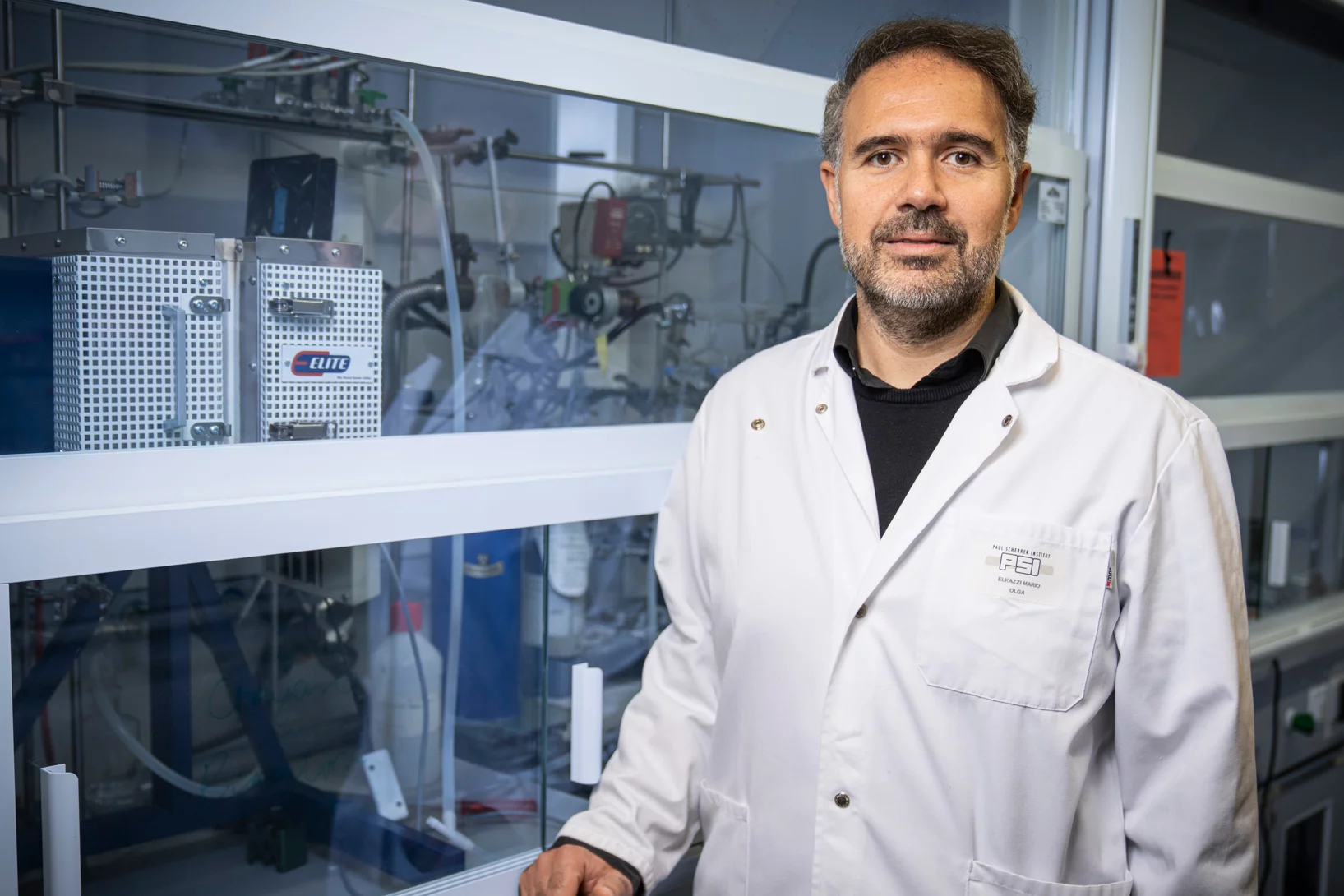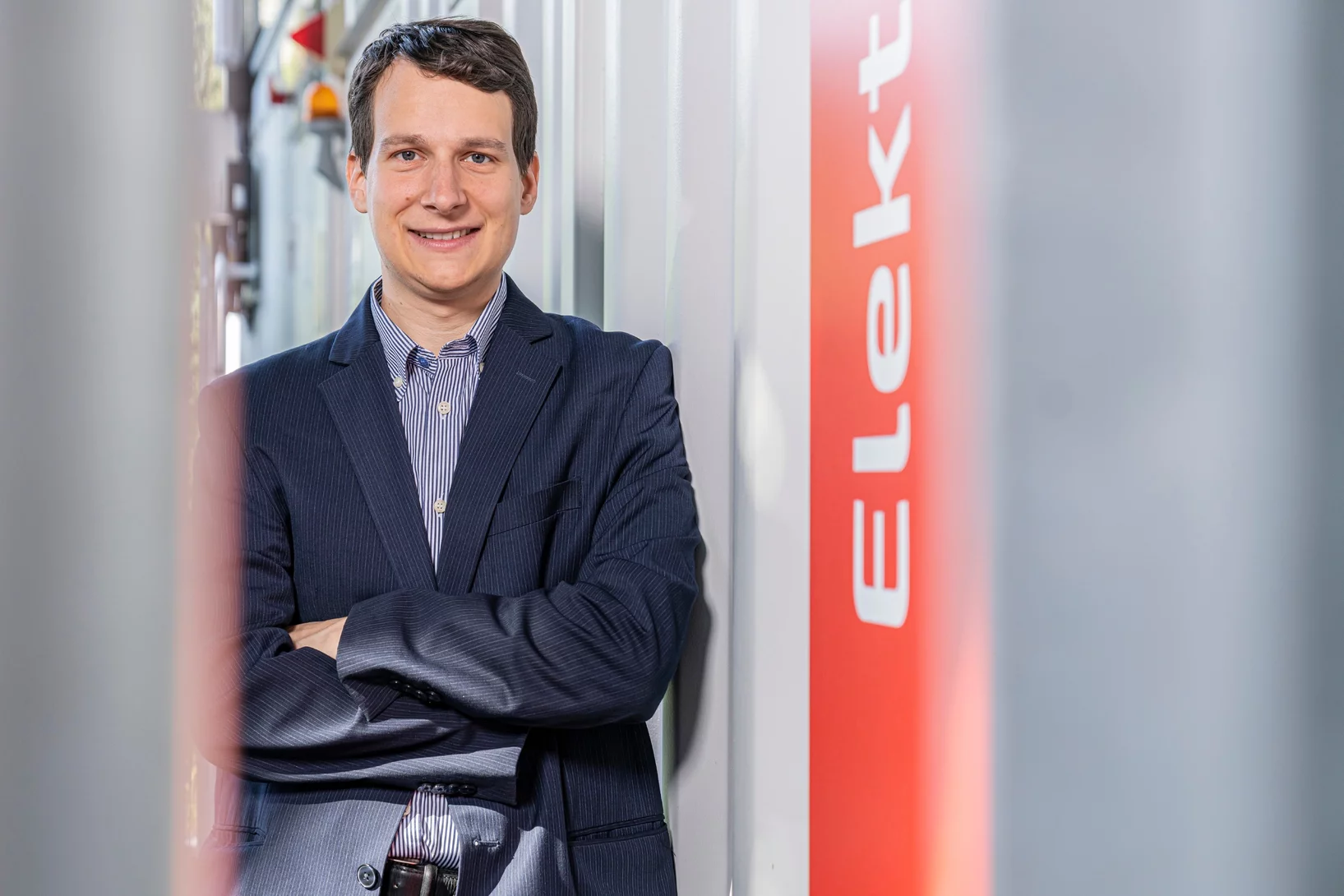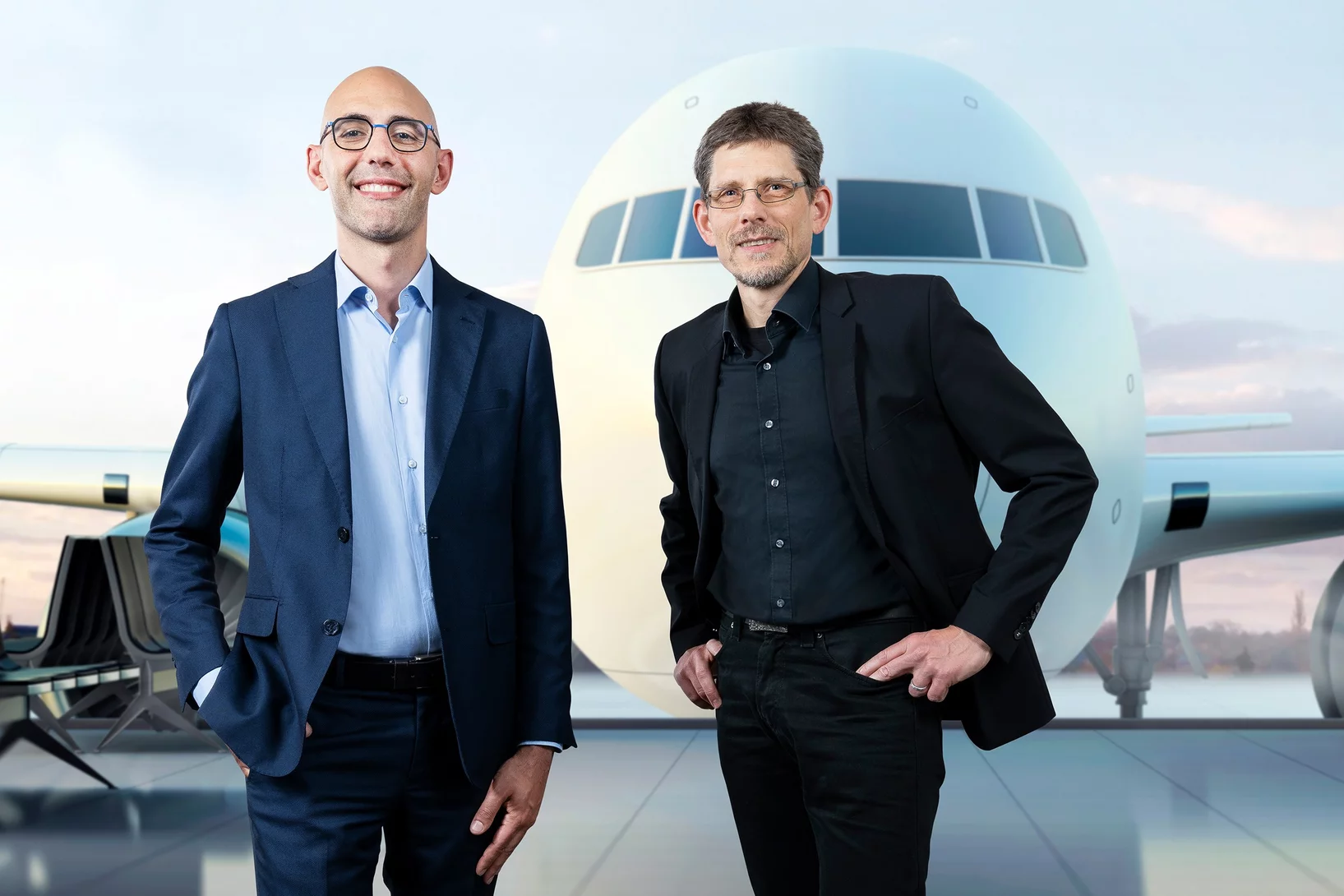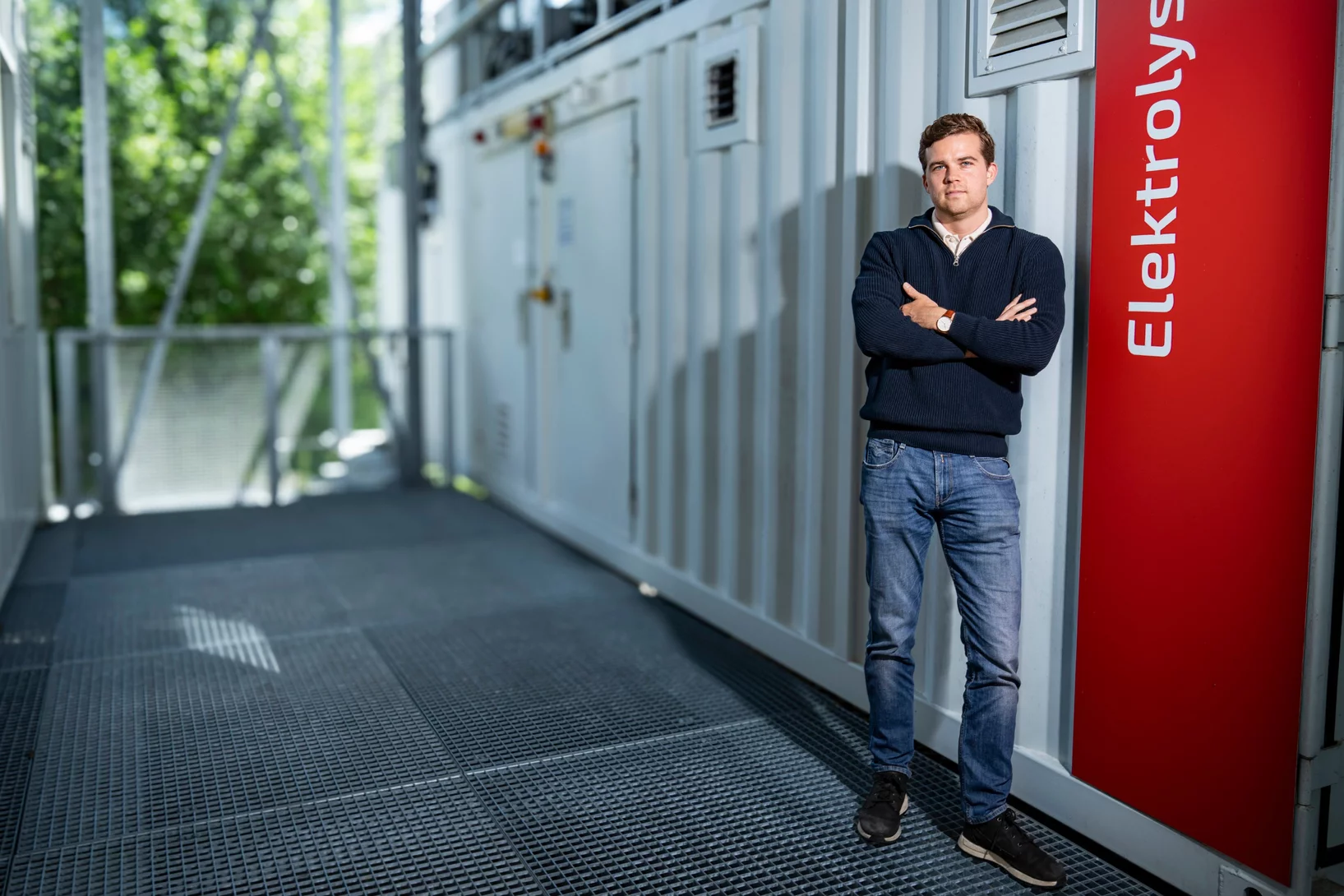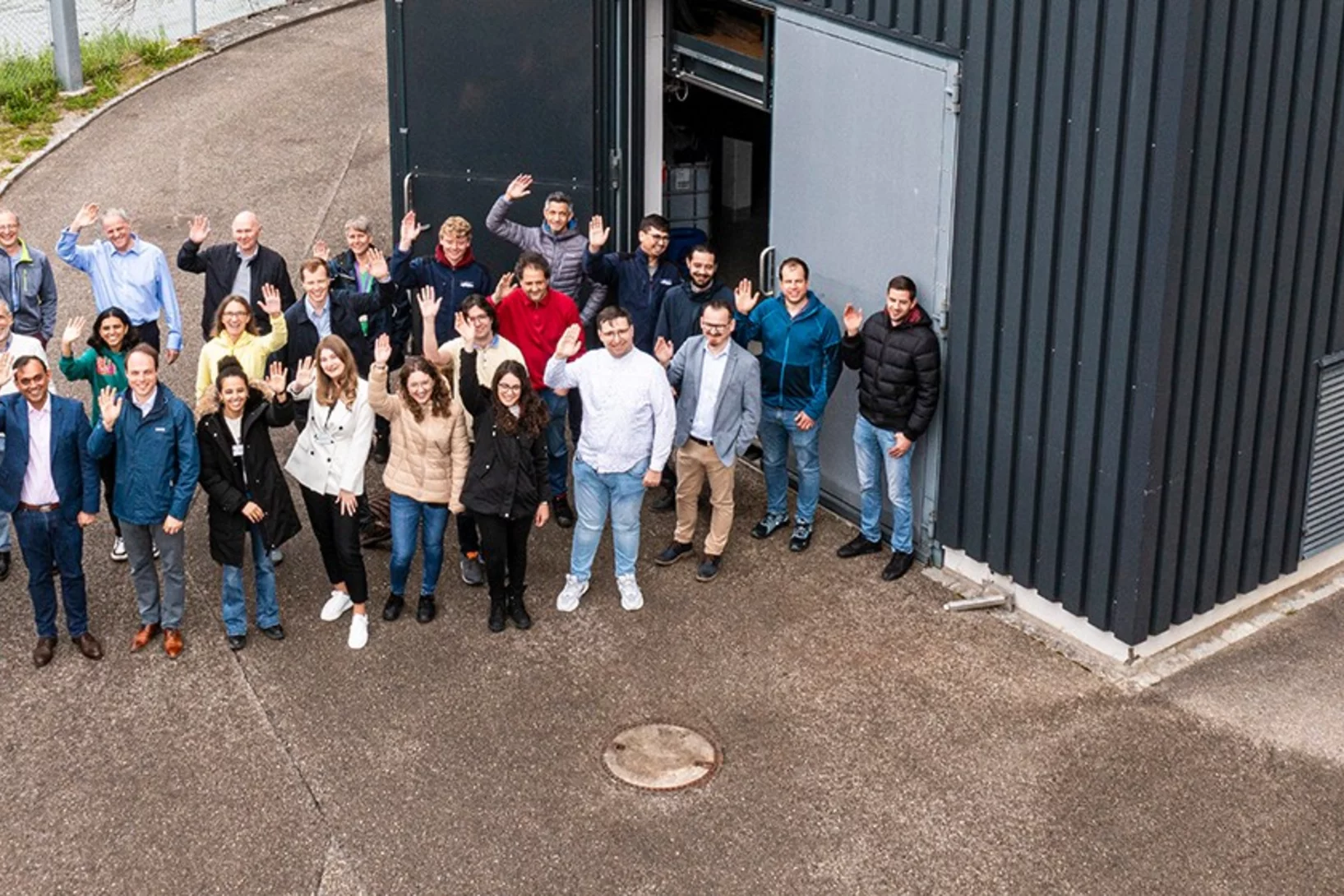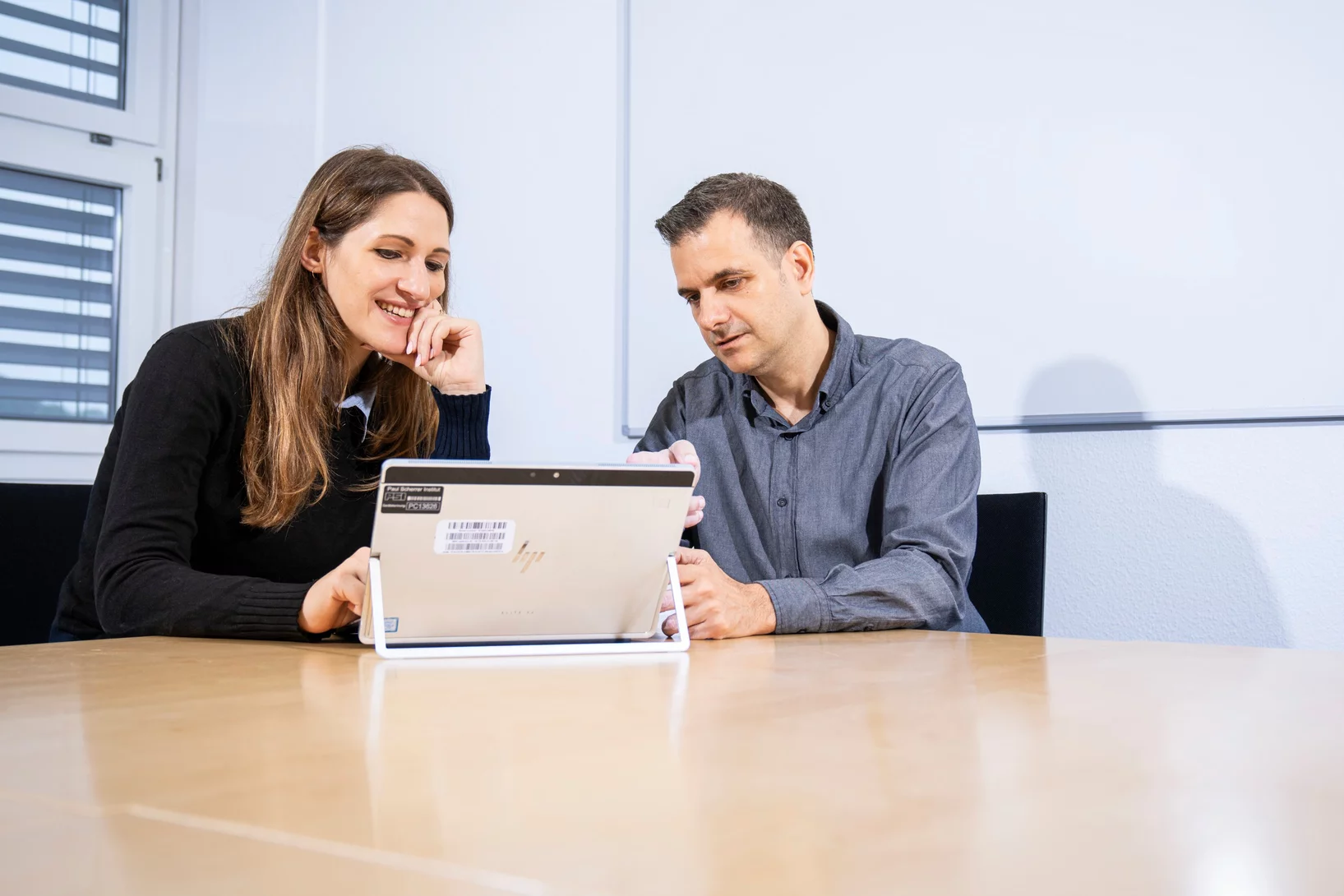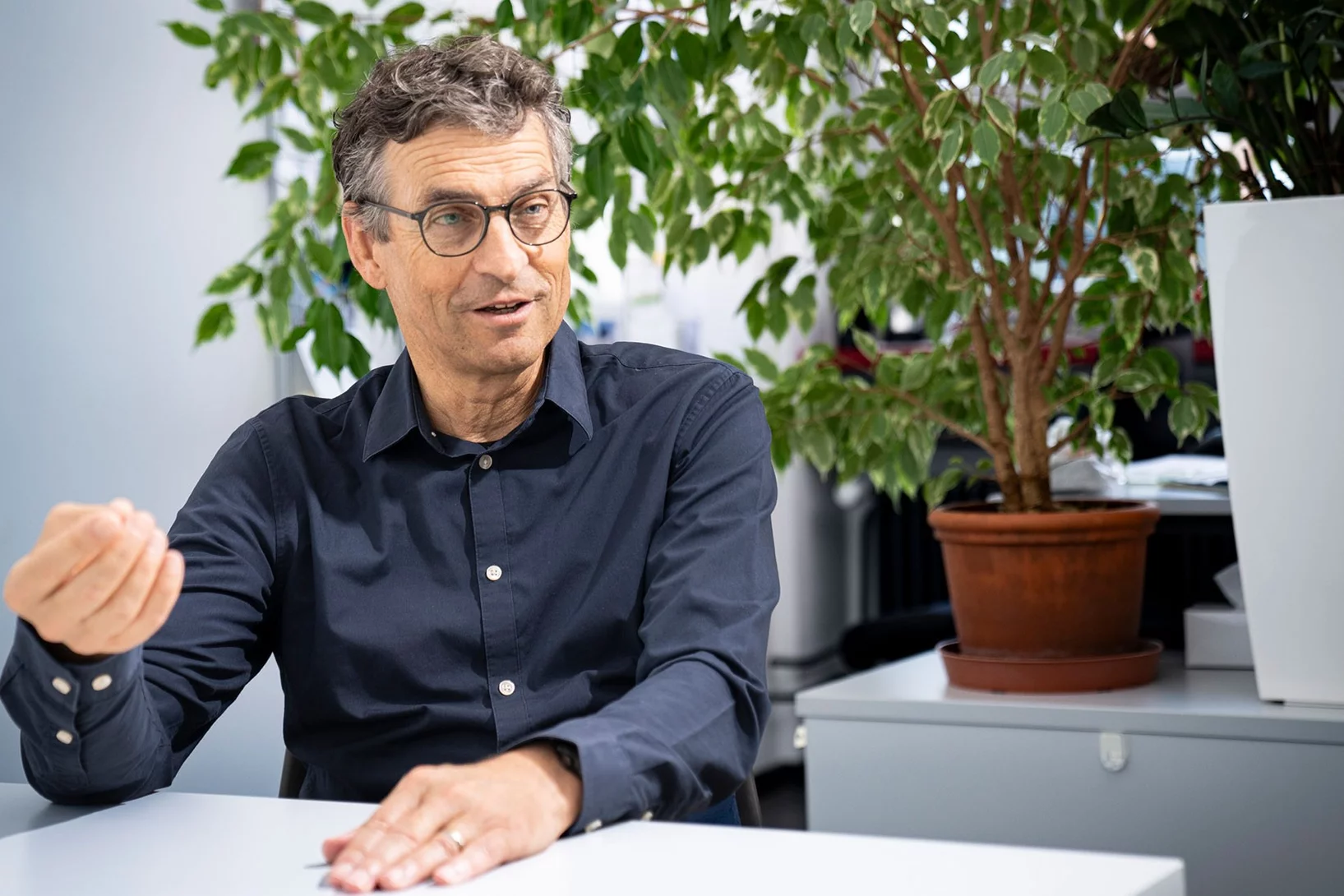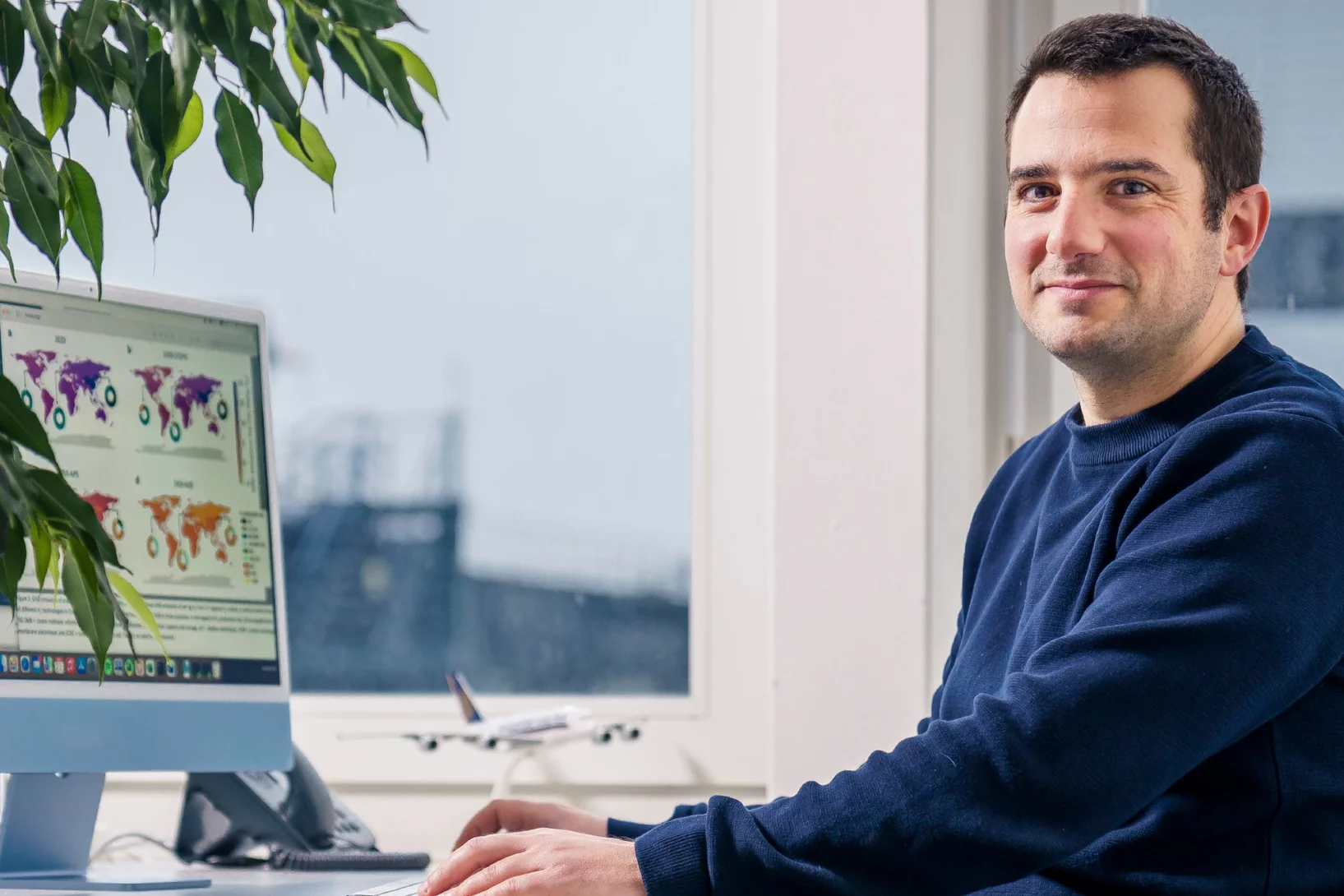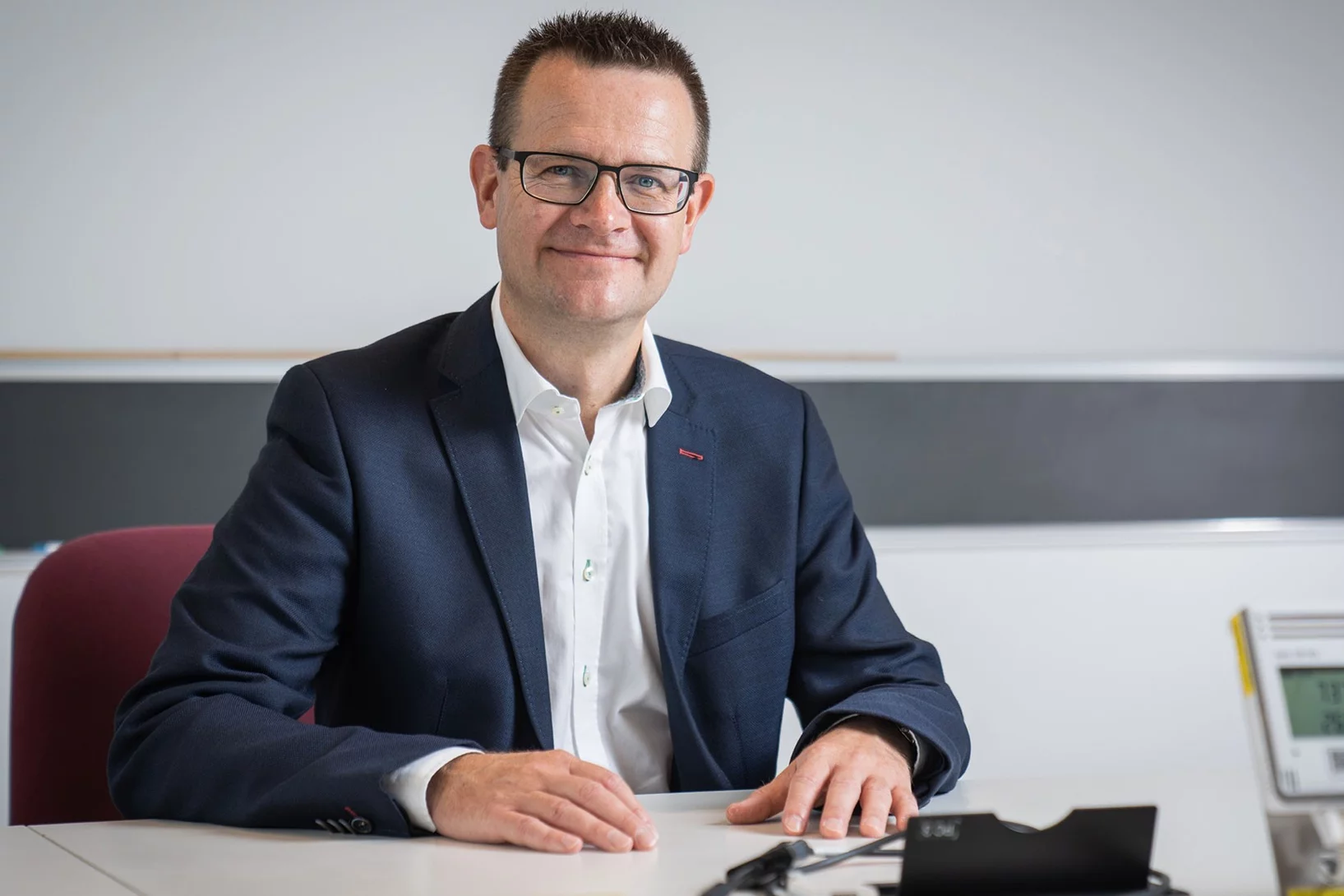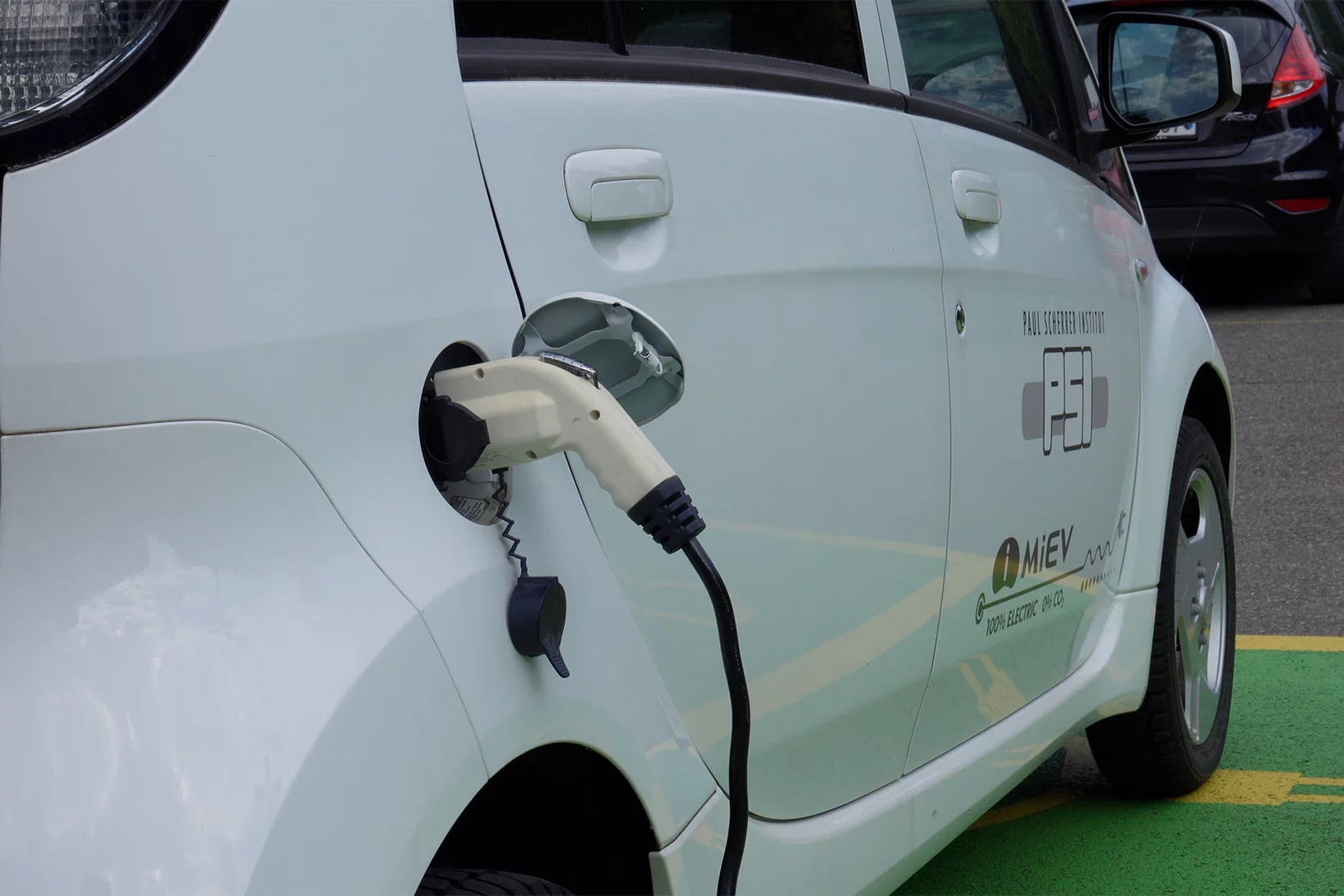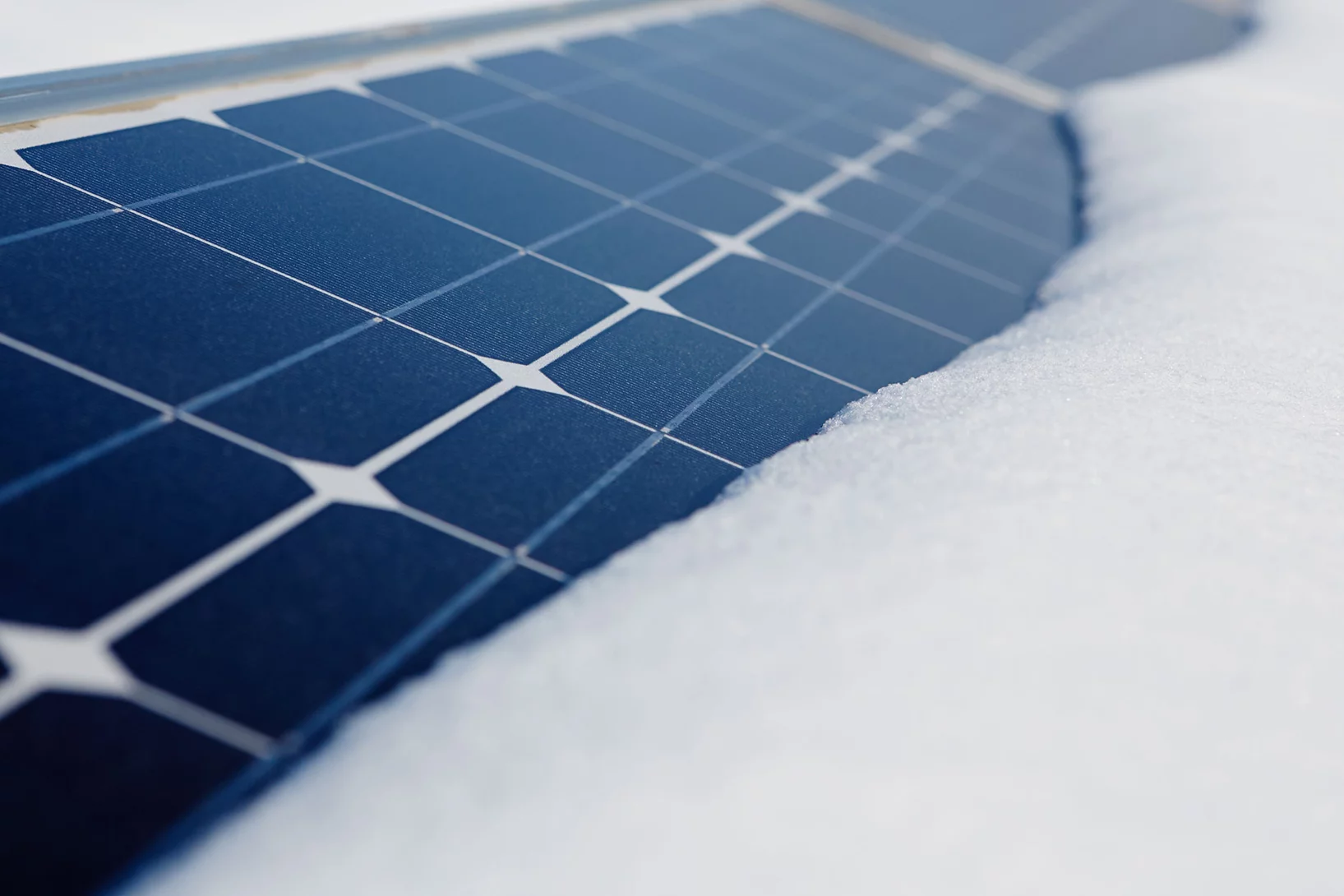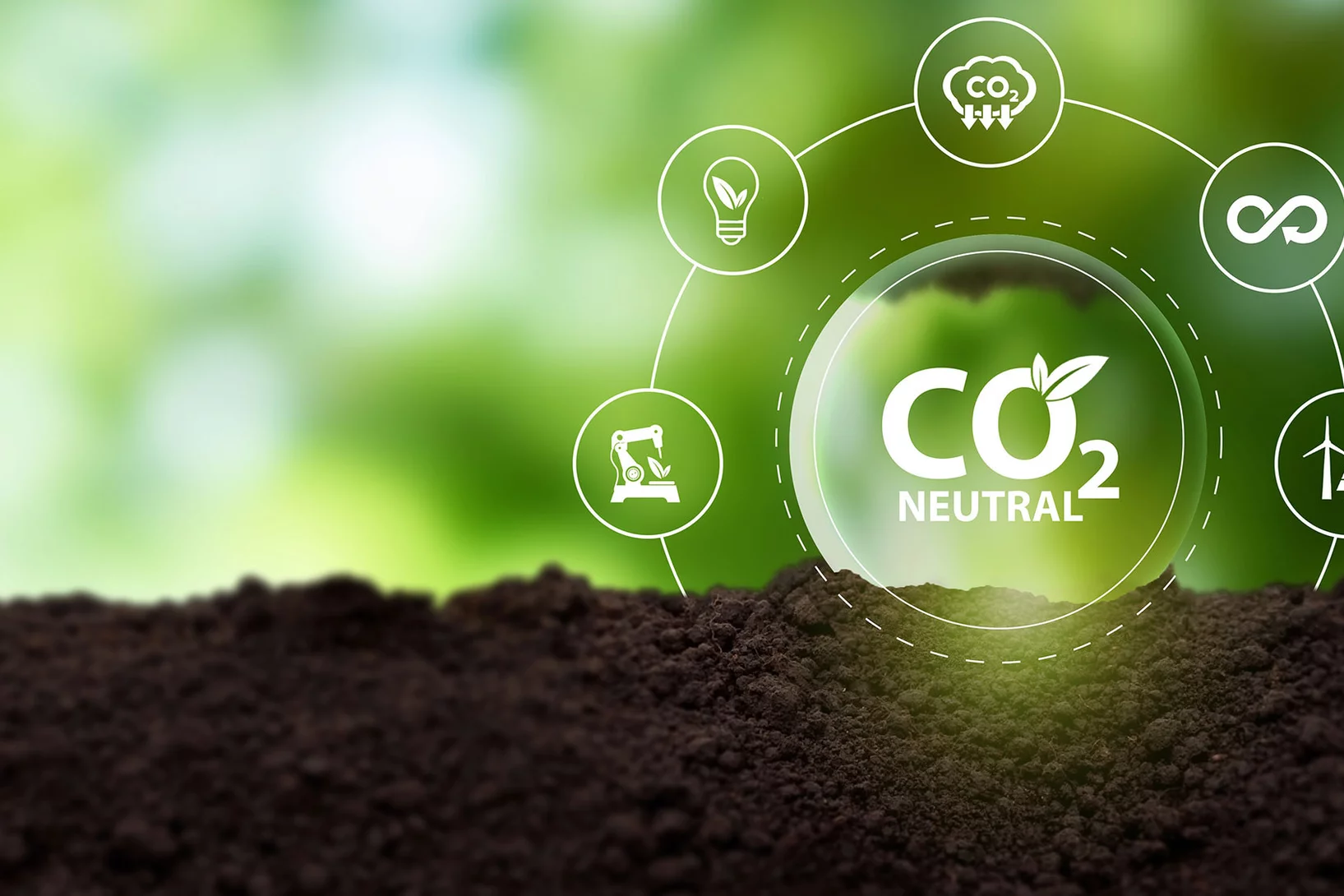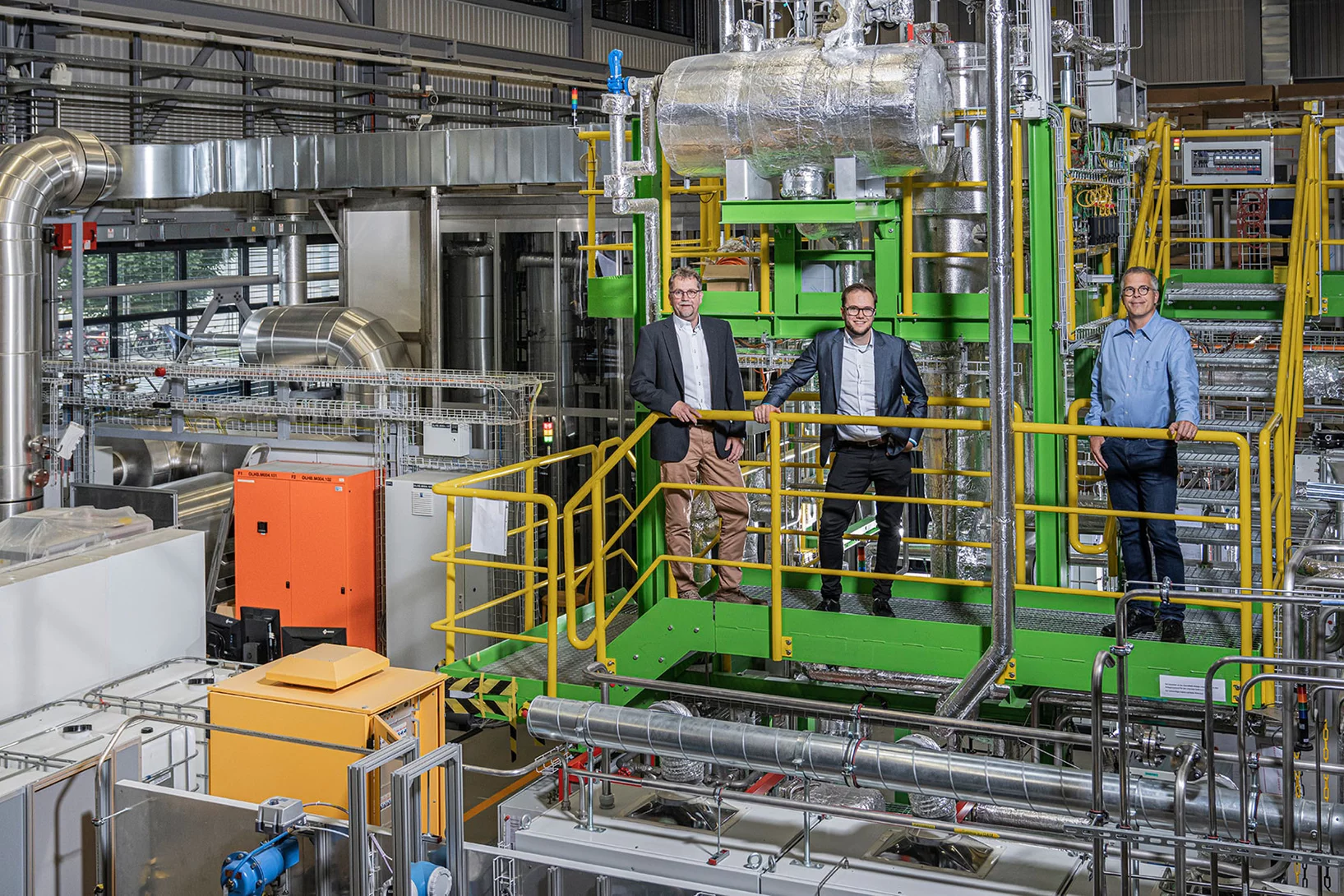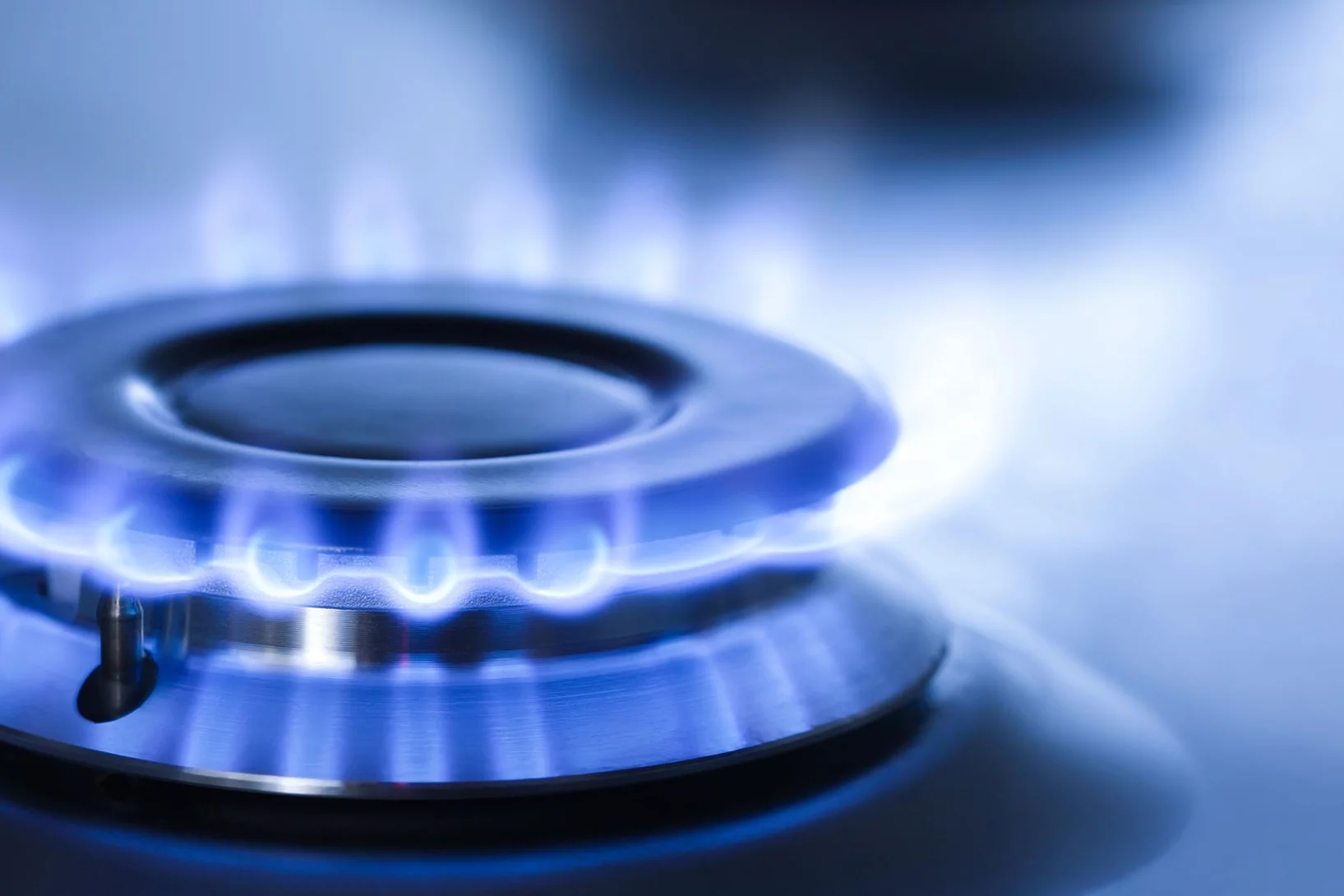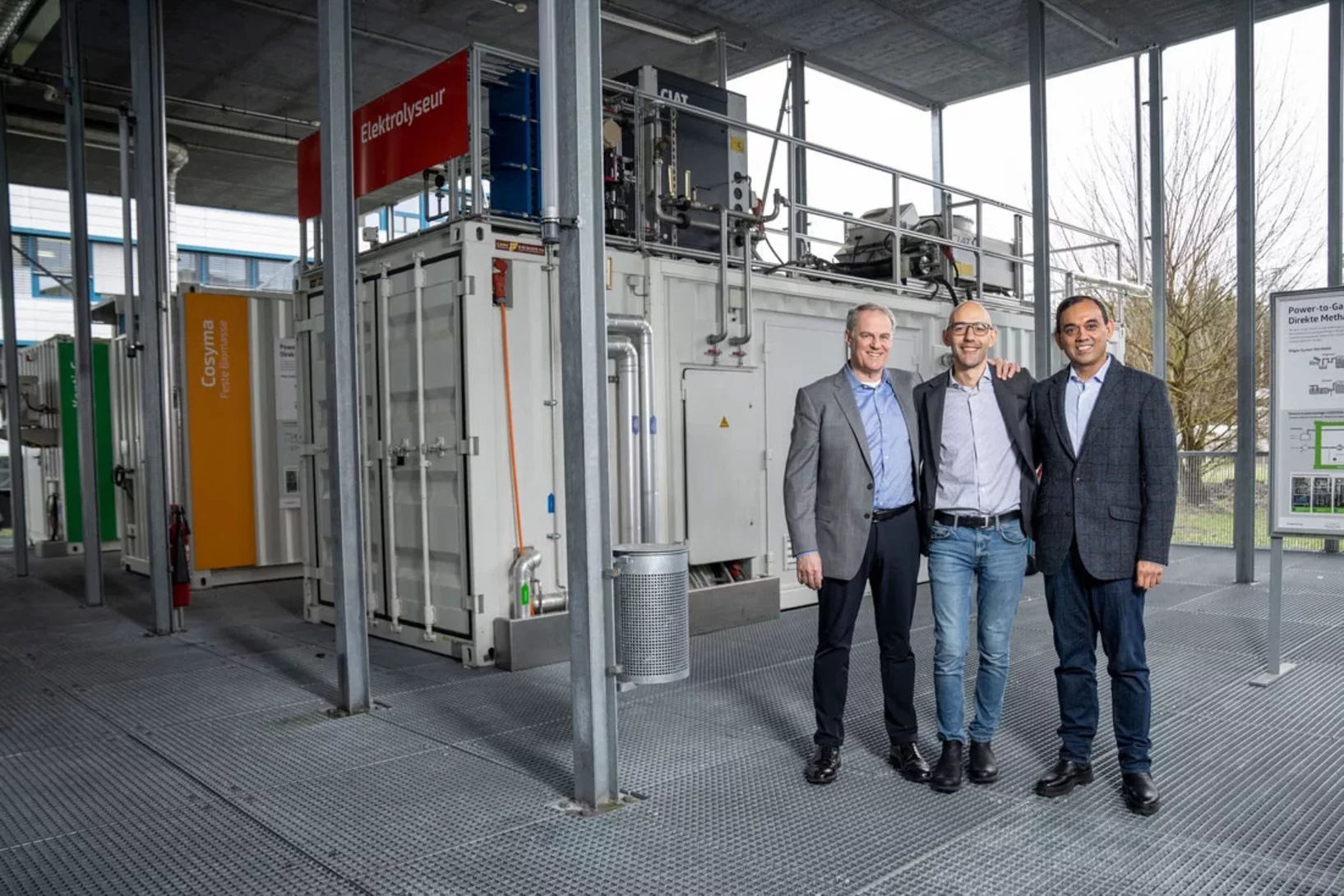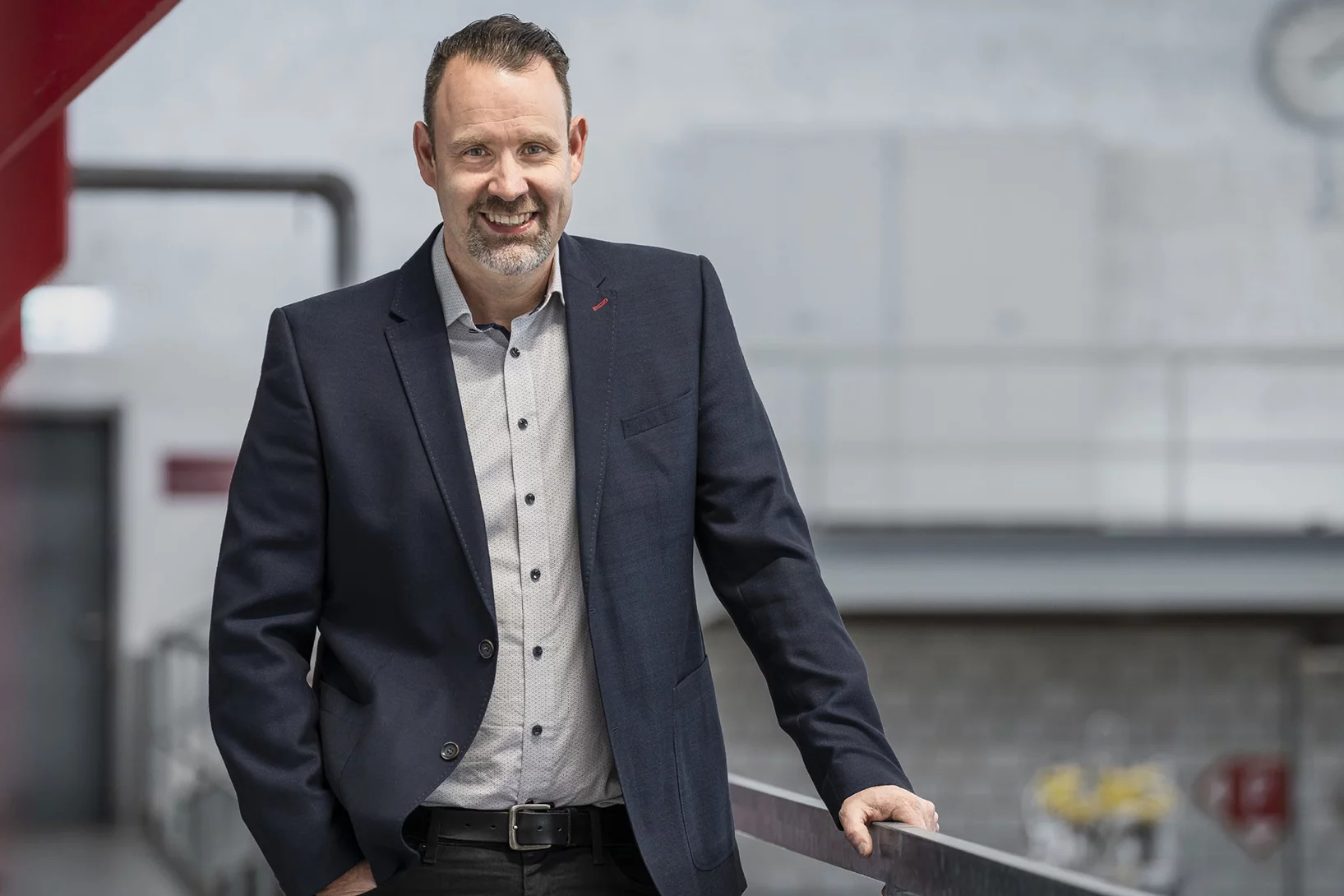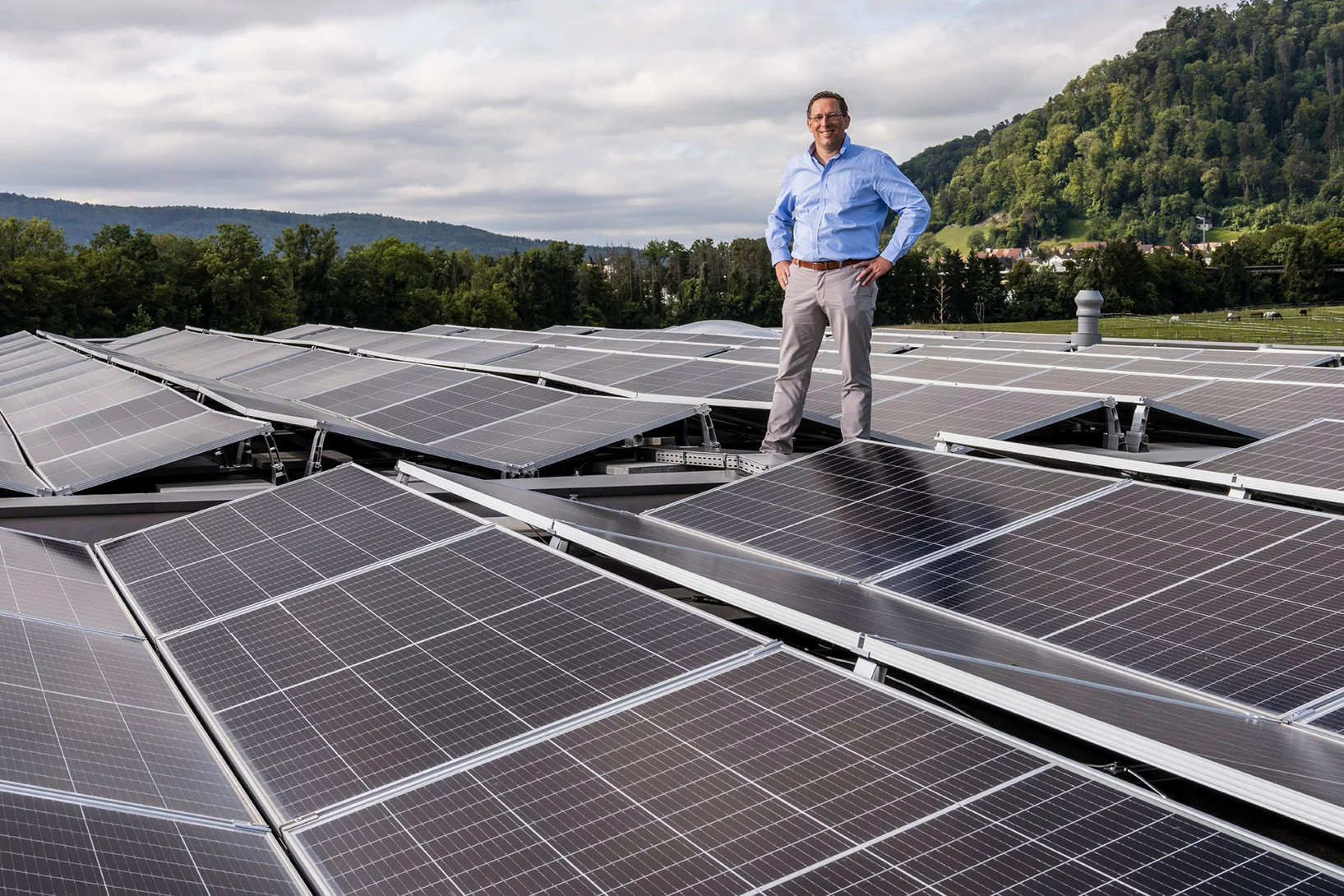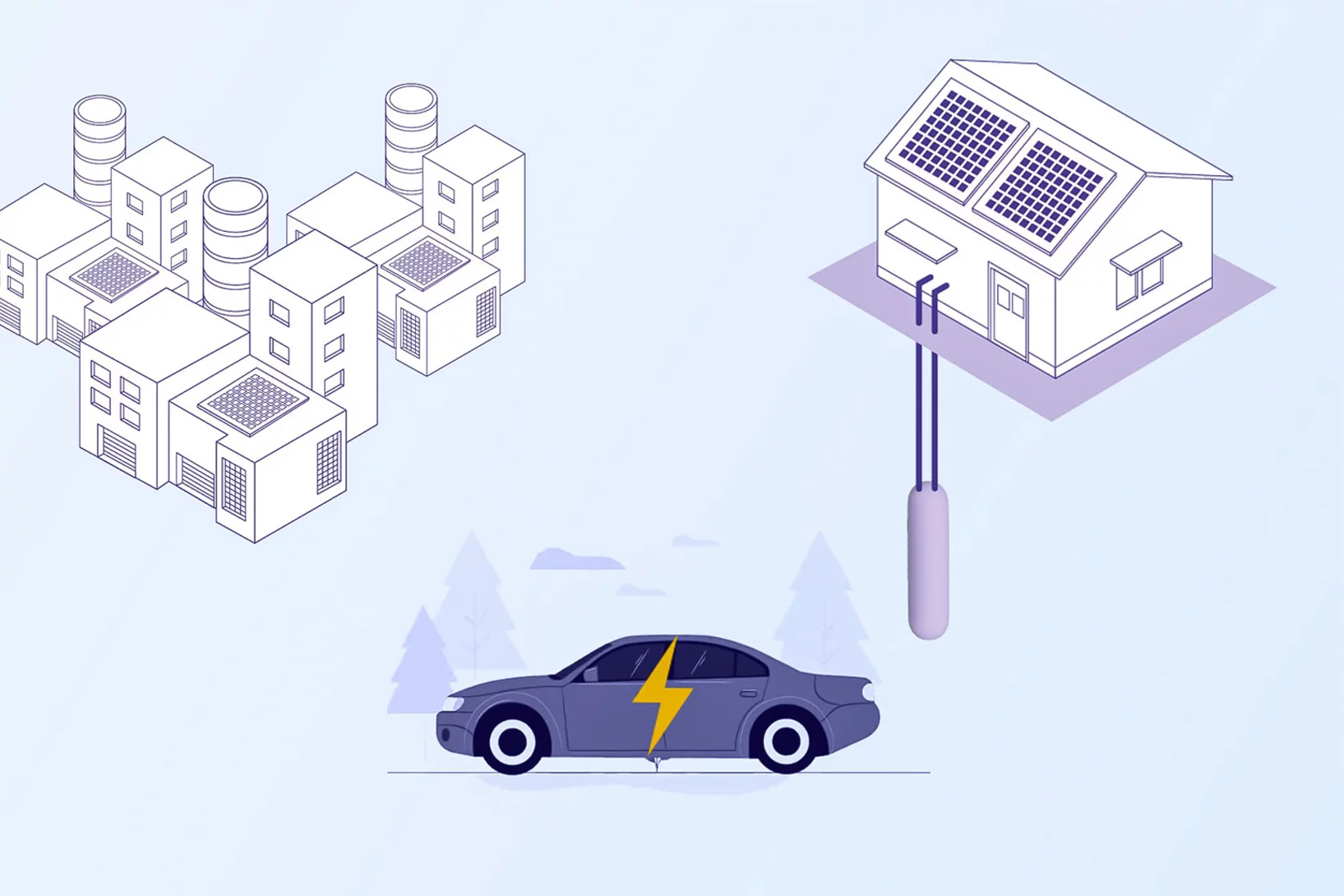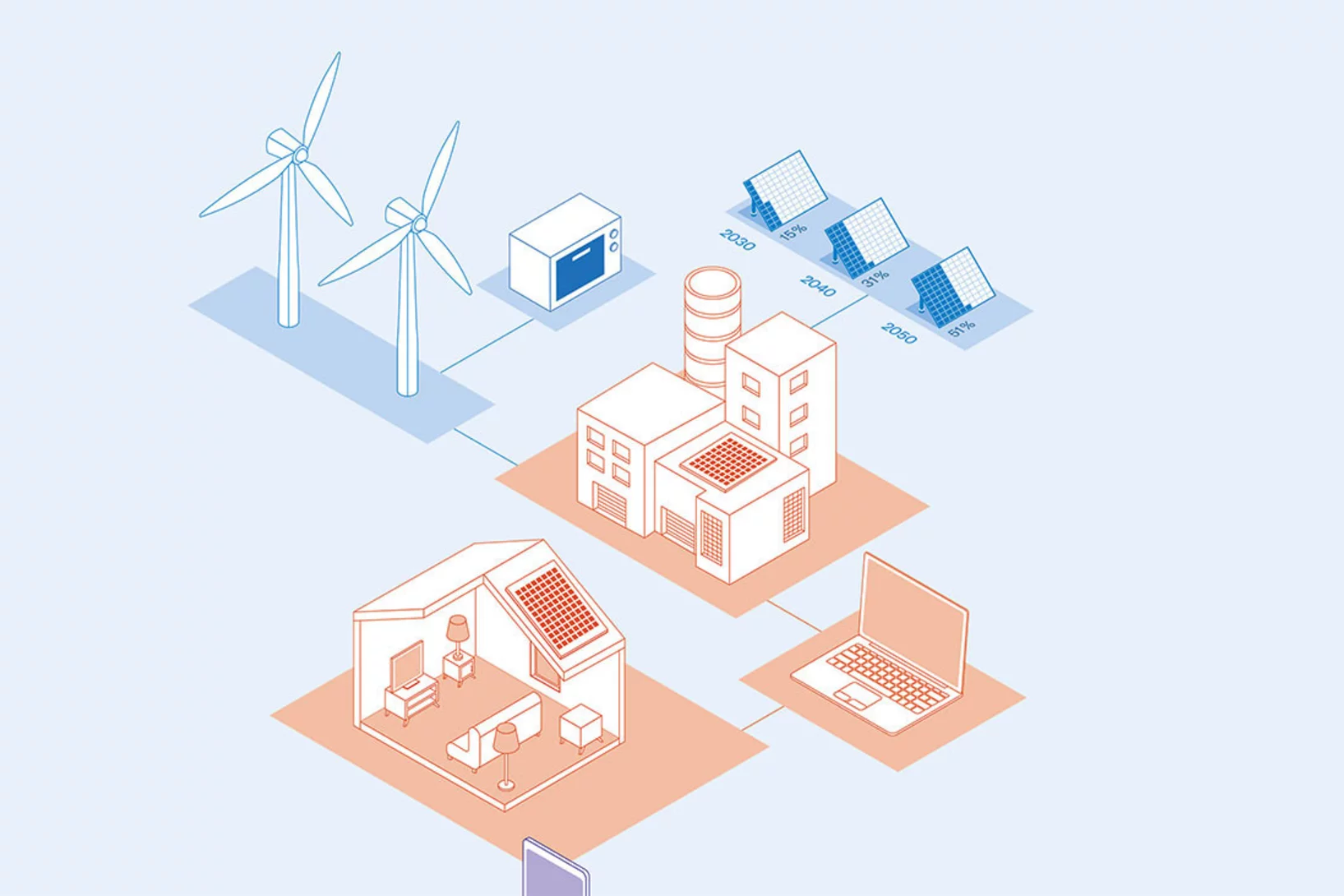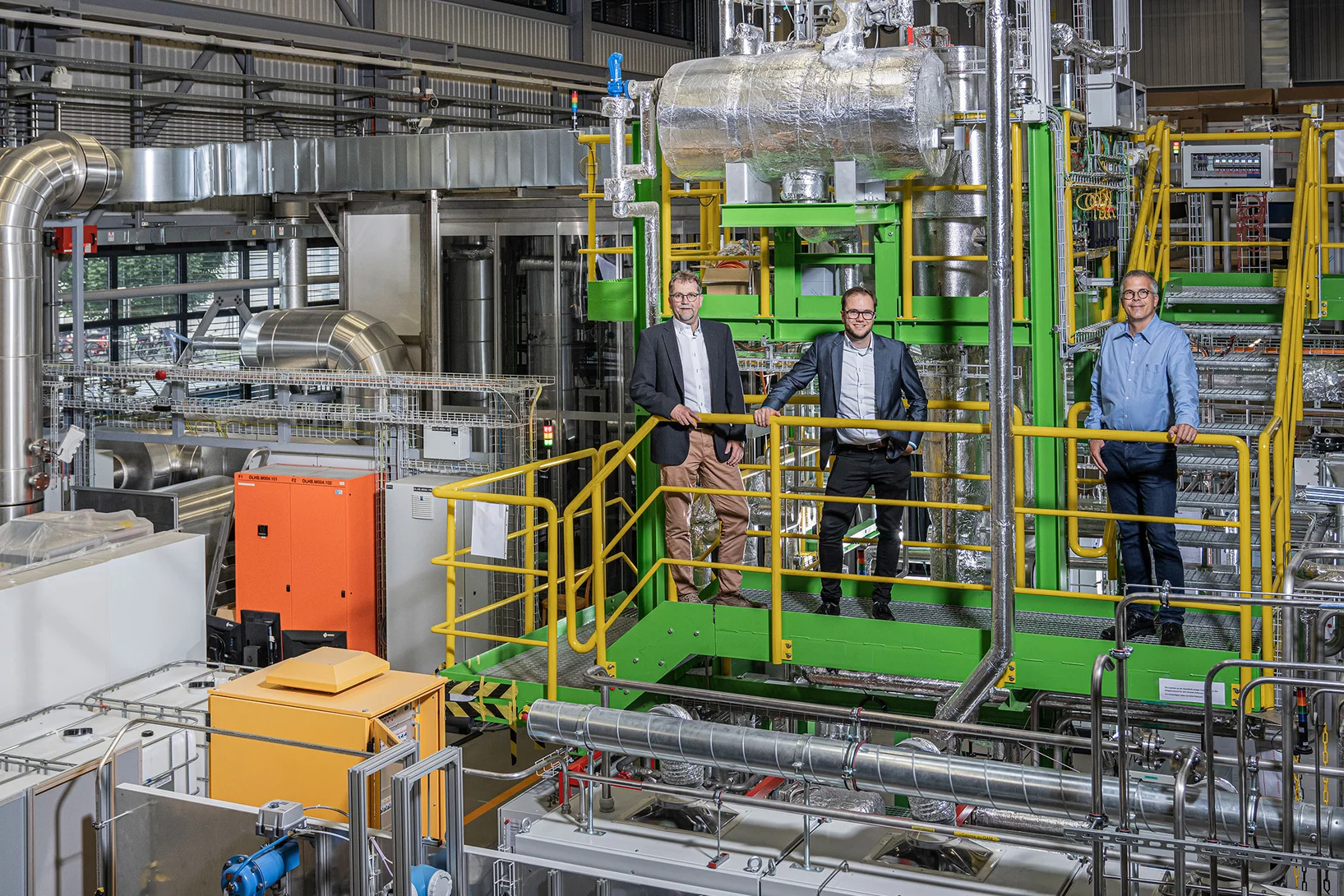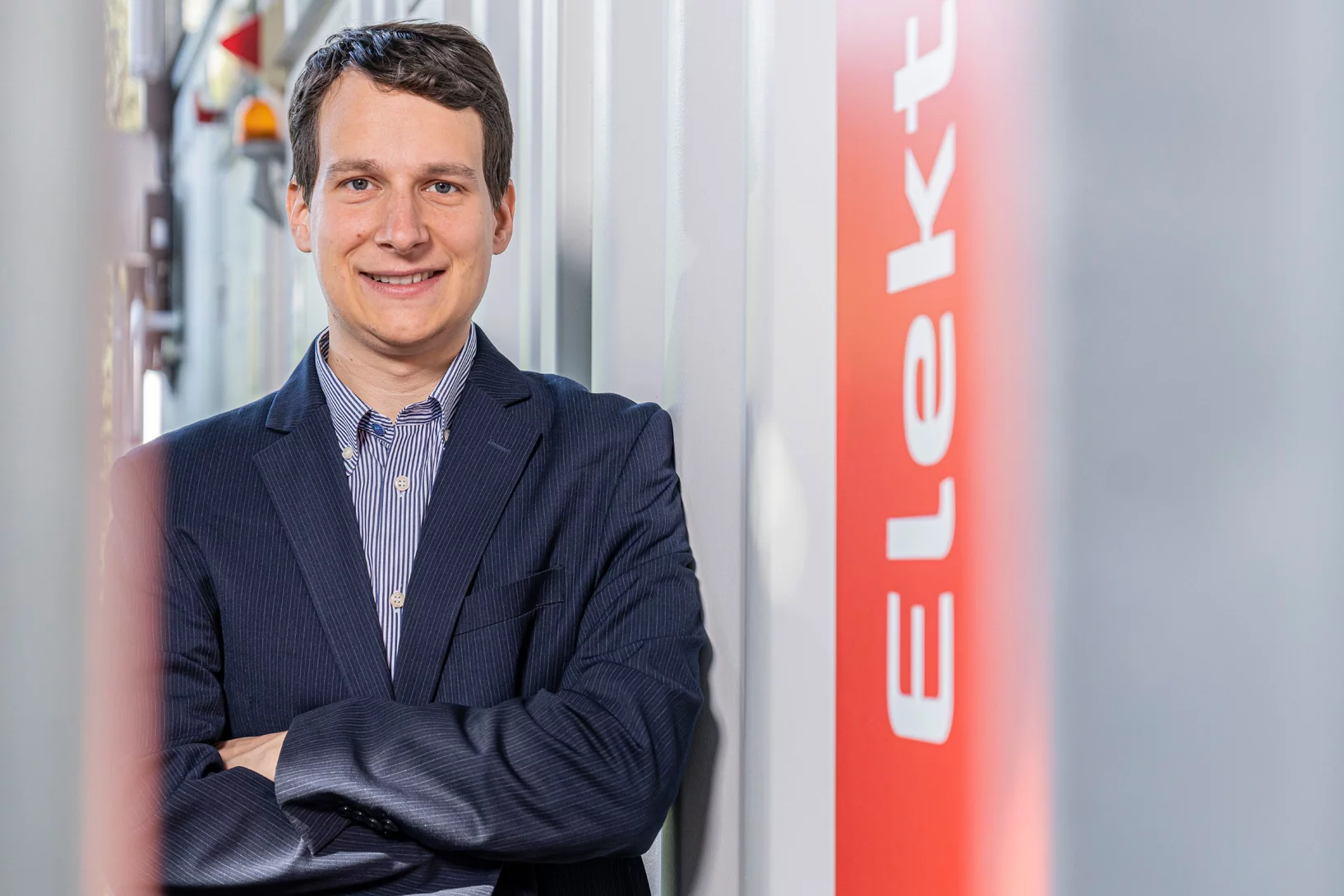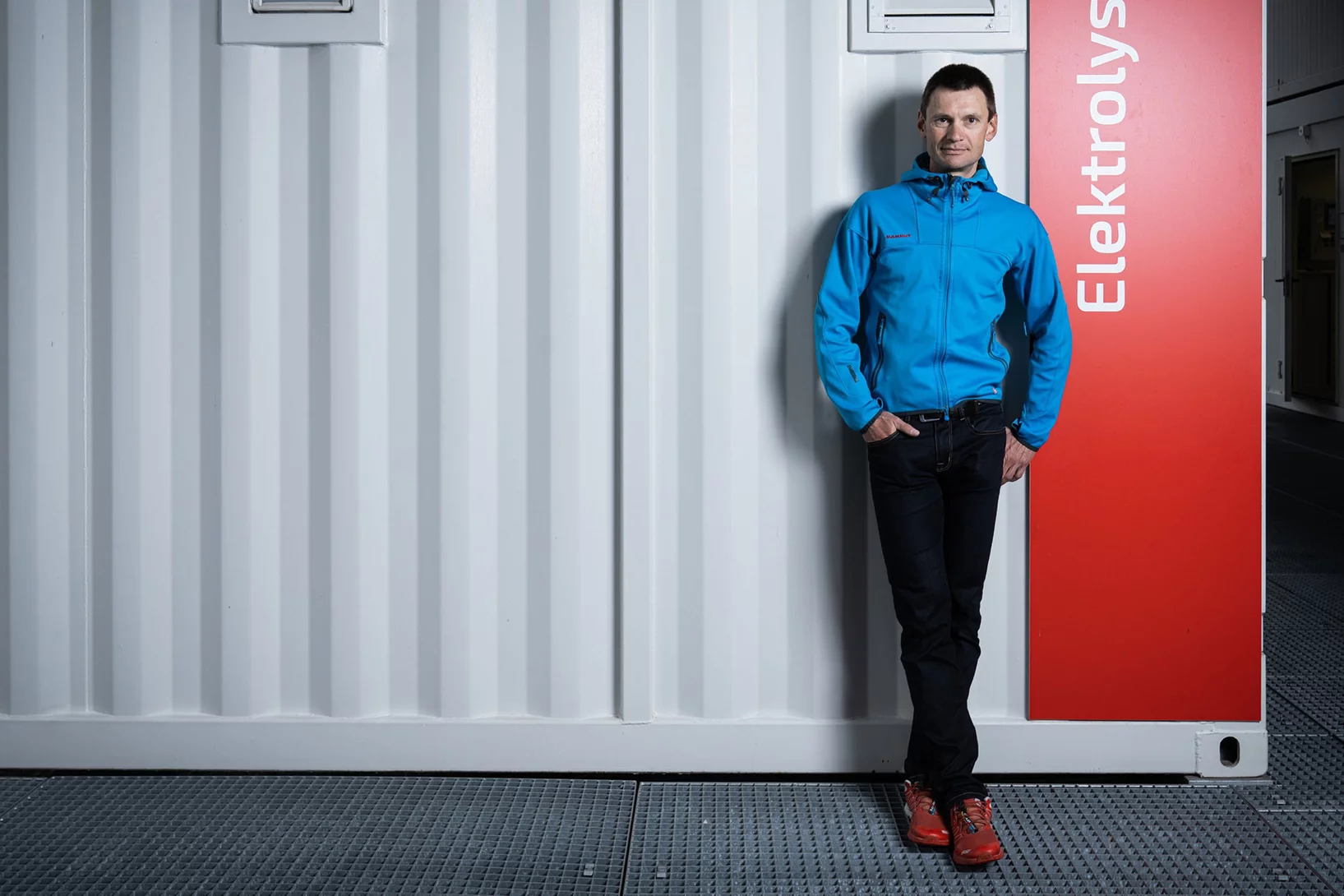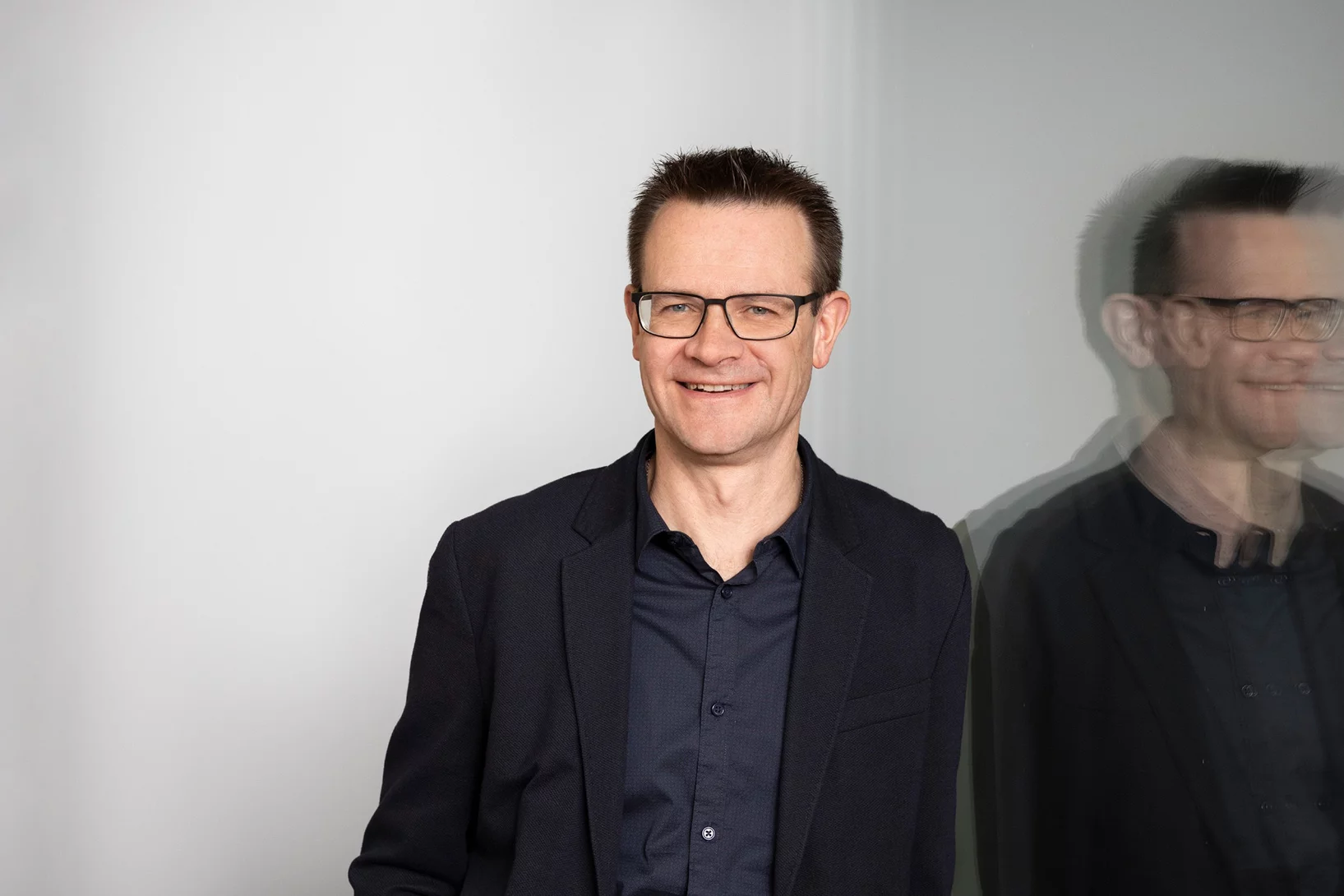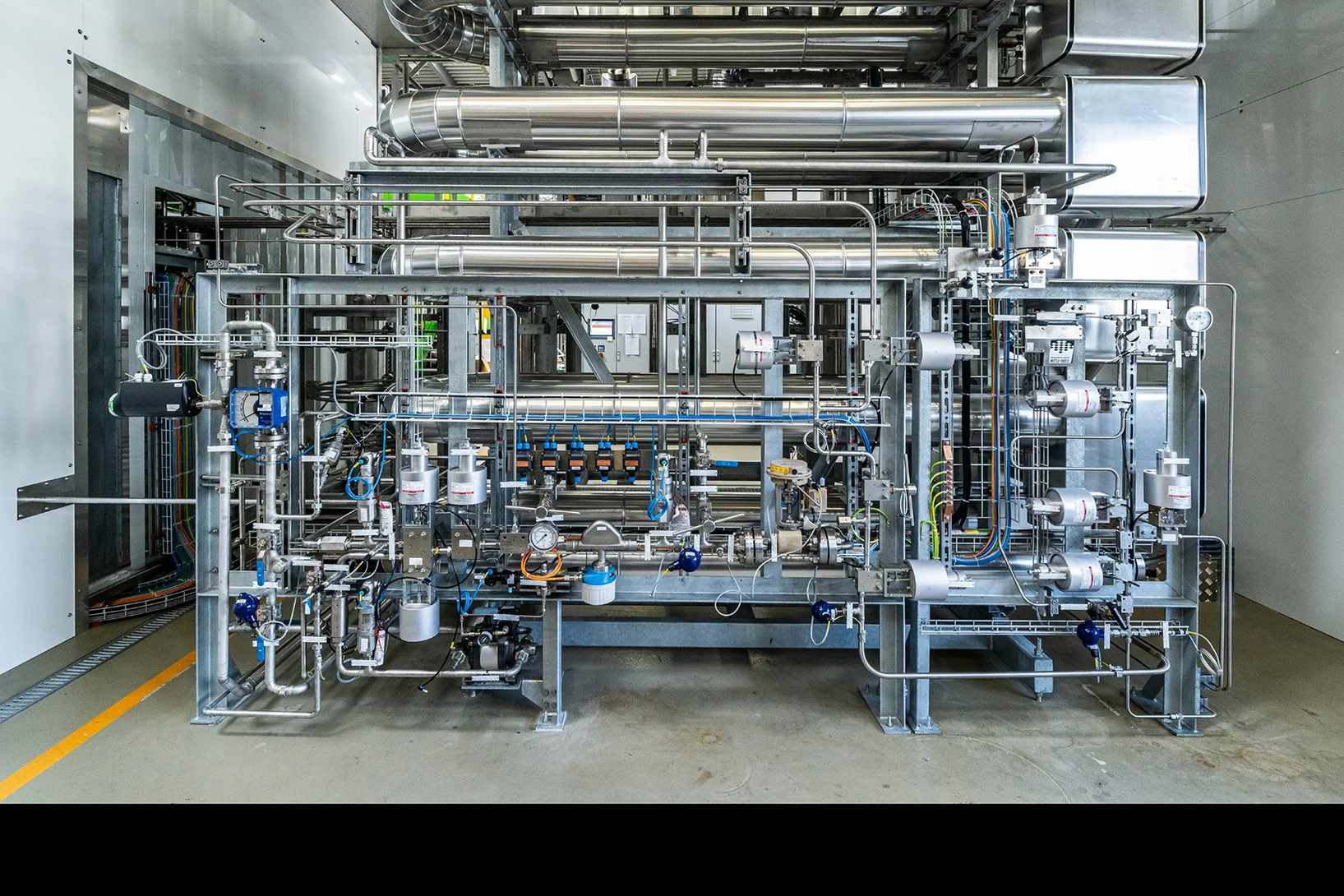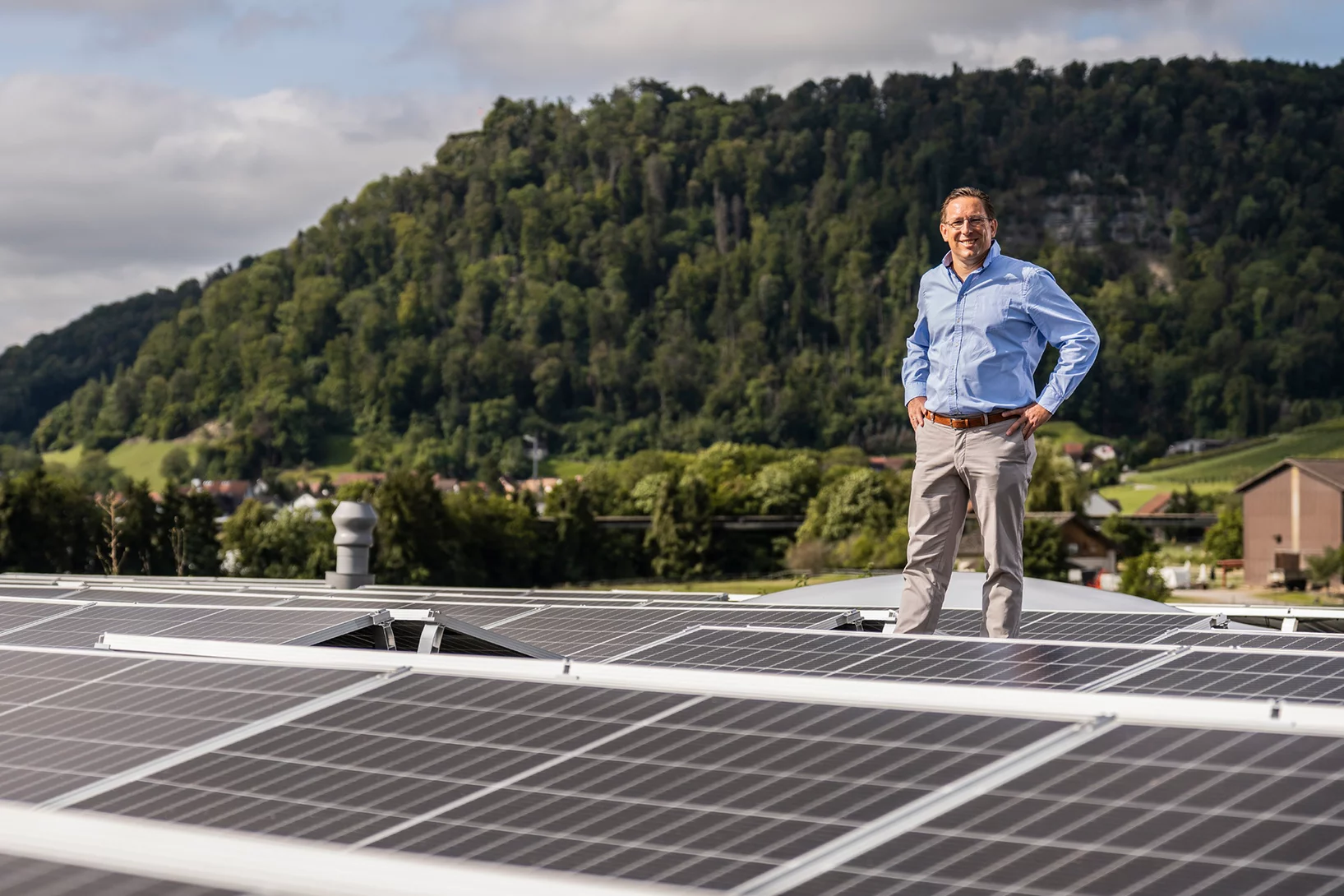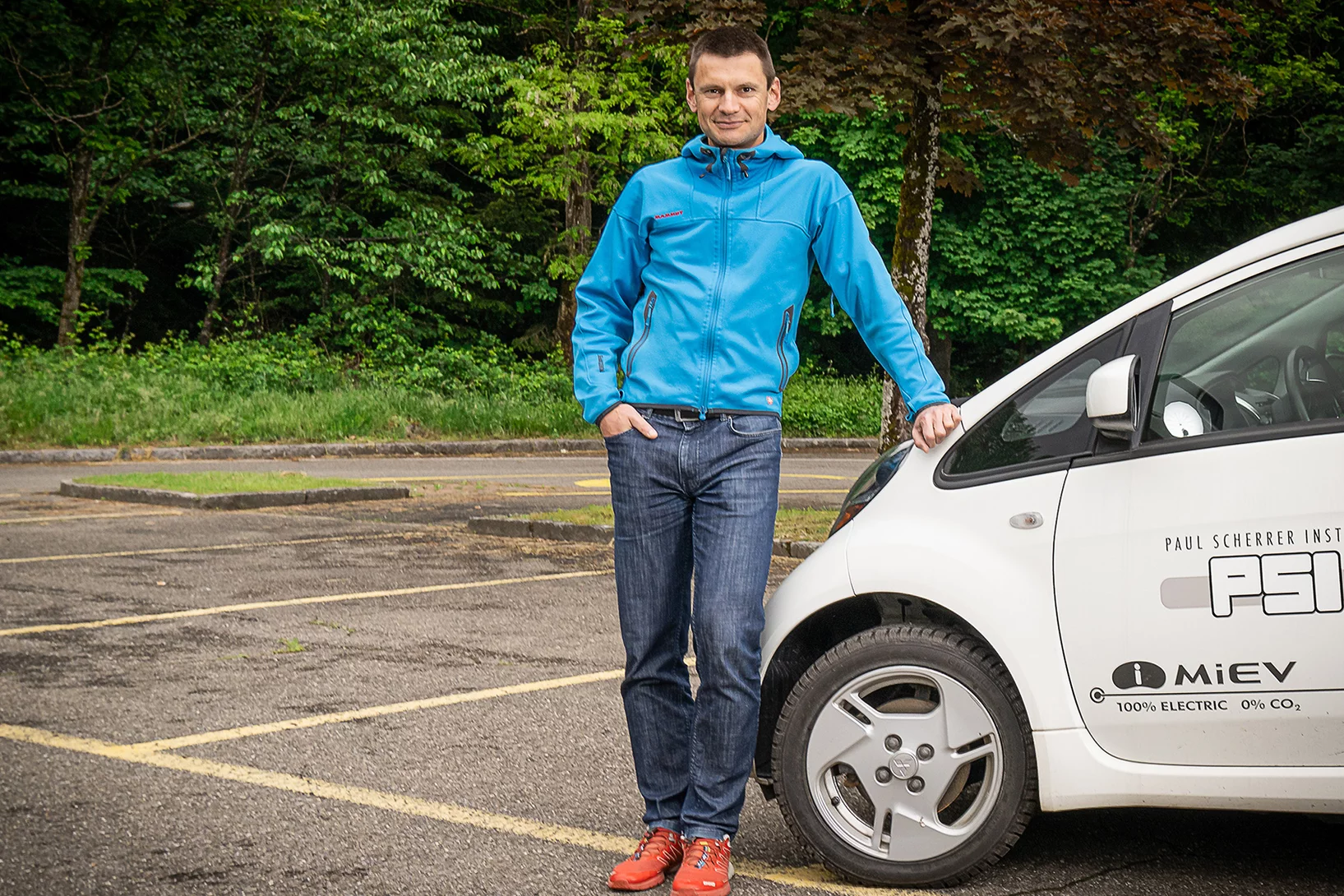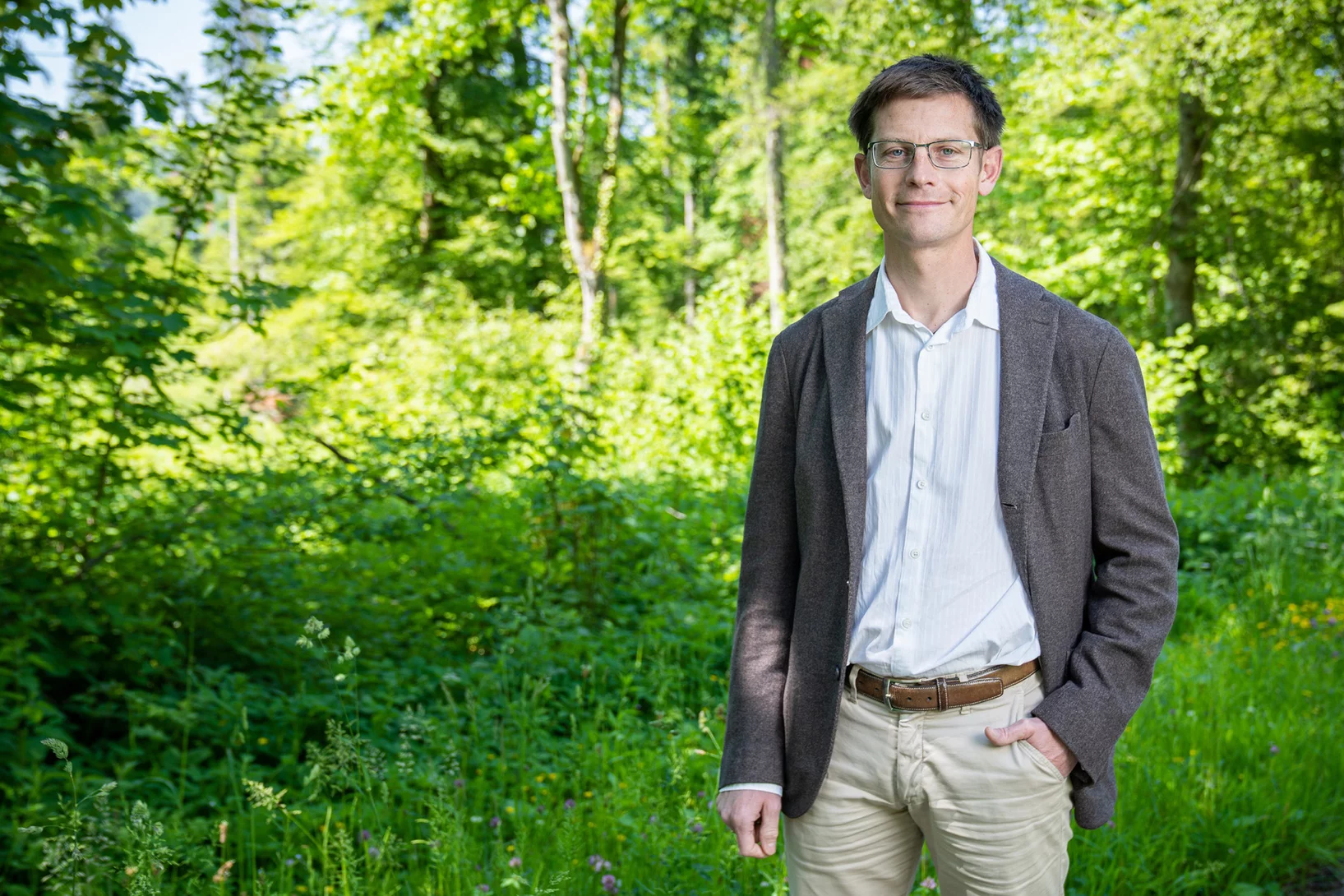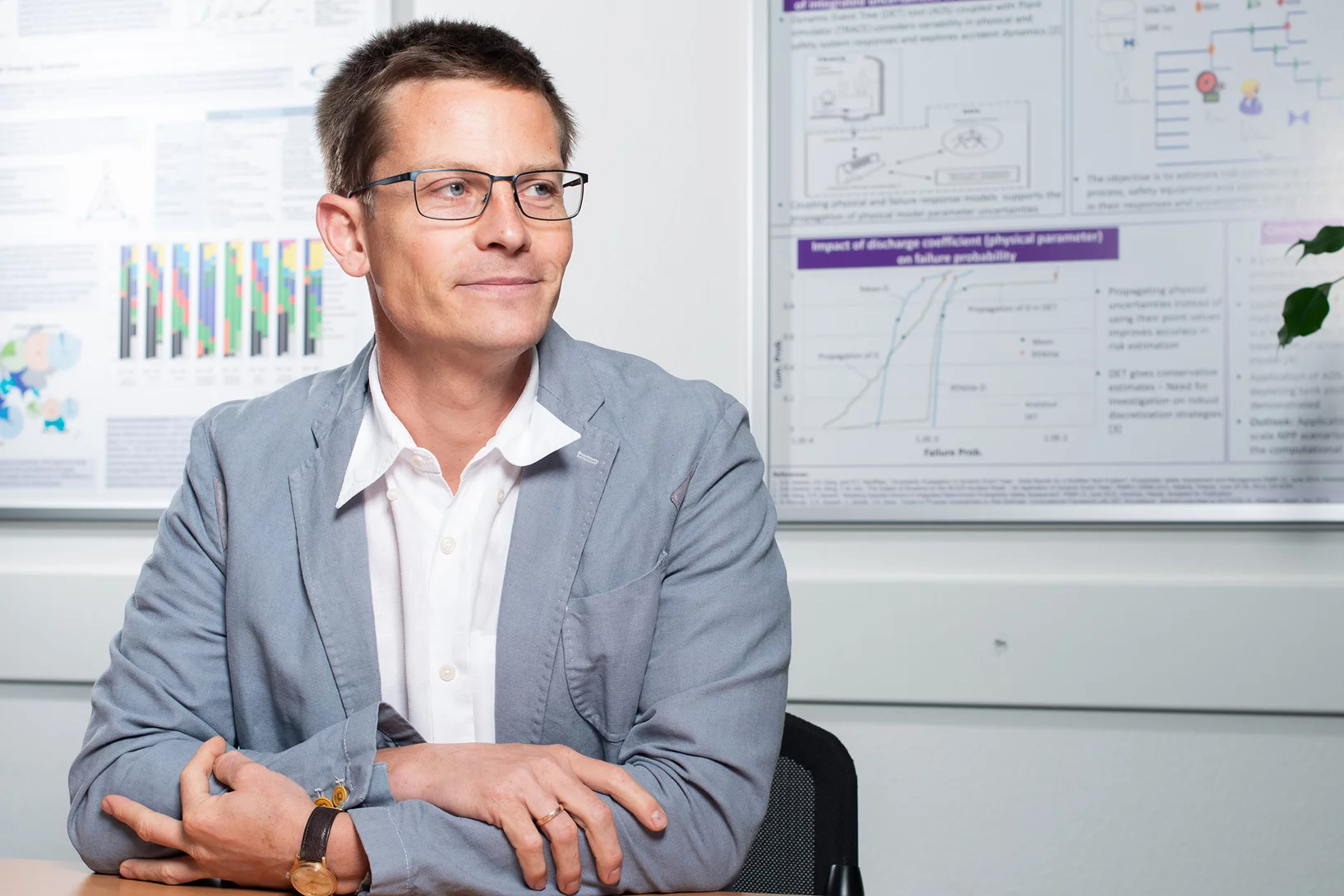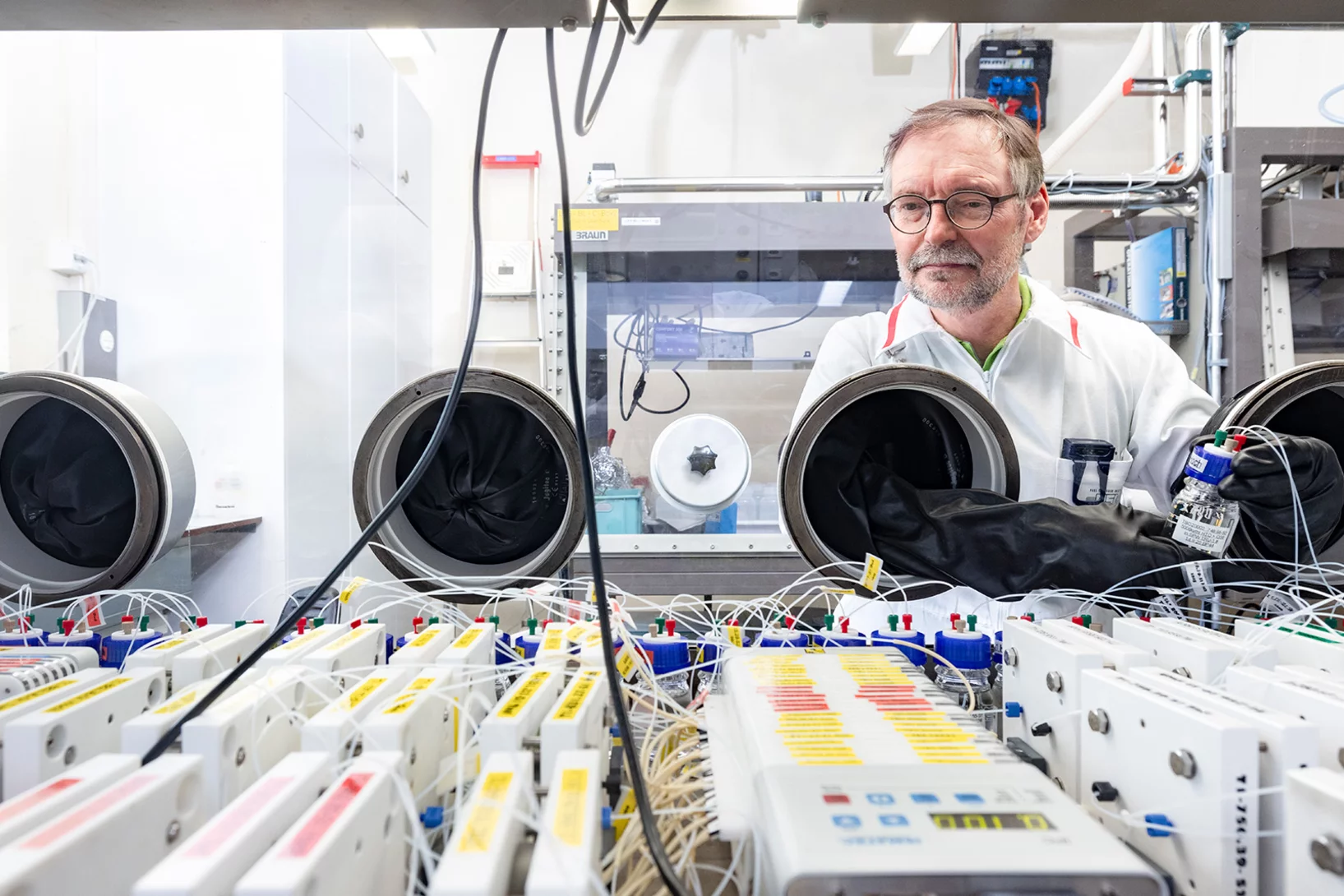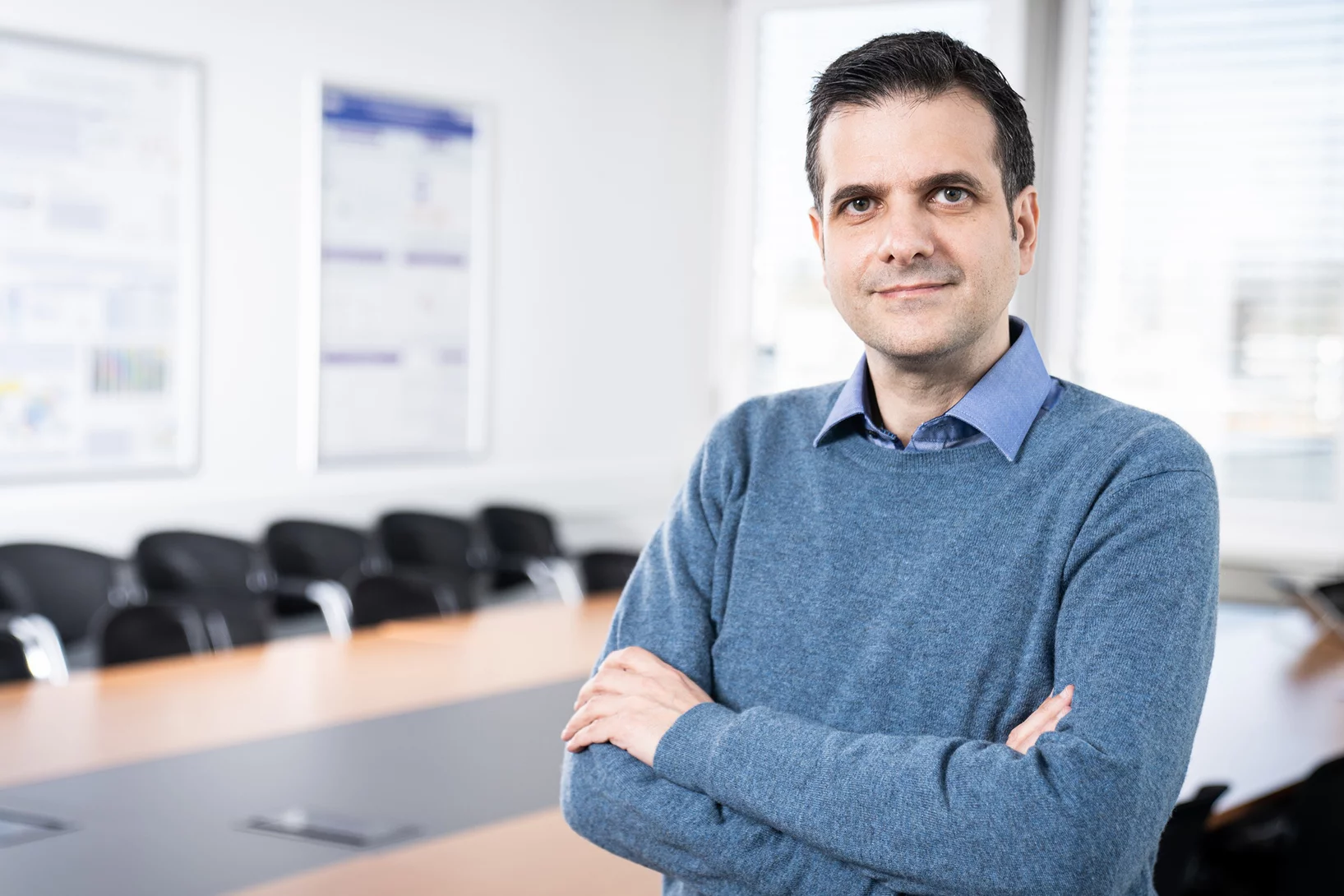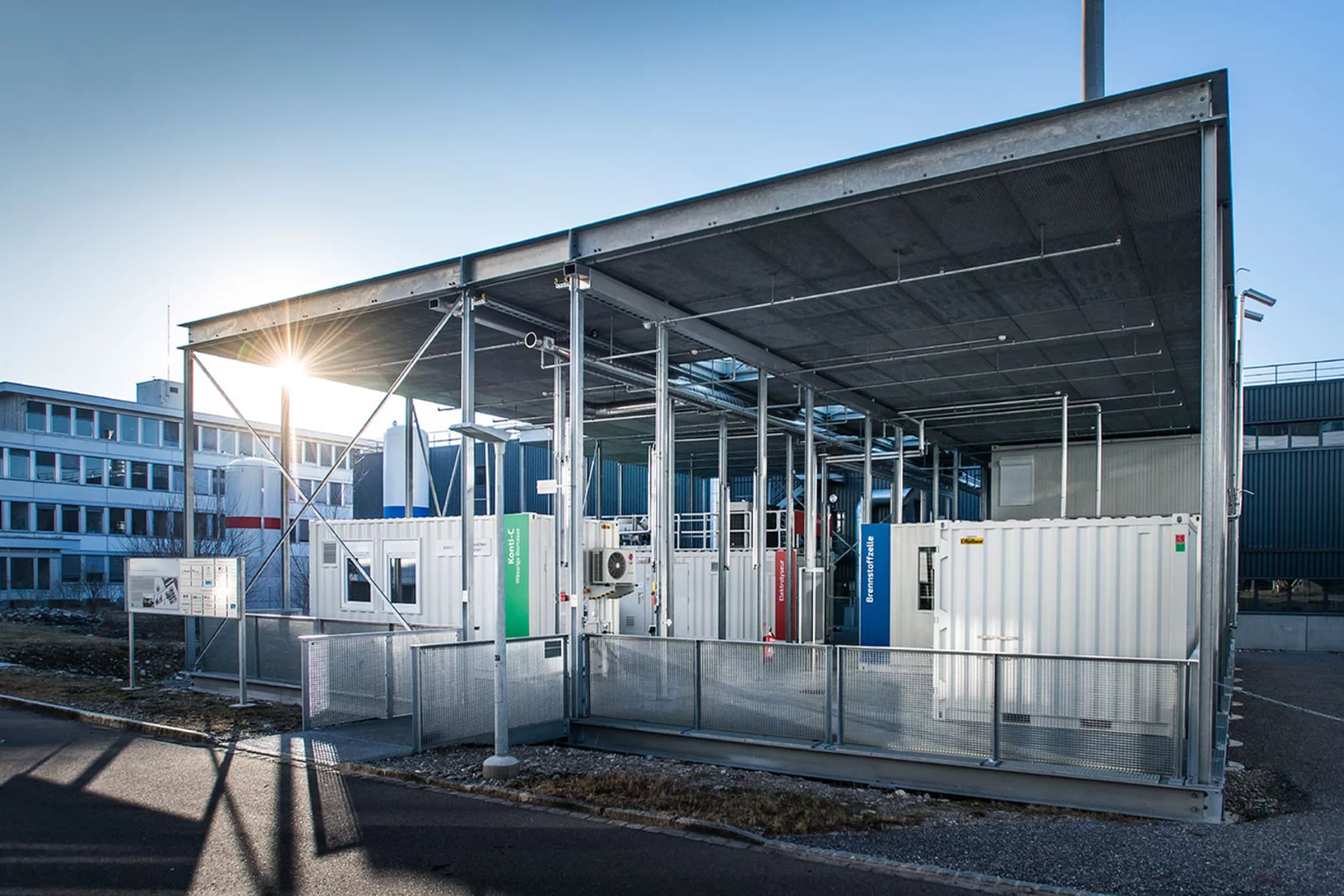Show filters
Data for a better vanadium flow
Scientists at PSI have developed a dynamic database on the global vanadium economy. This is meant to advance the use of special energy storage systems – and thus the energy transition.
POLIZERO: PSI project shows paths to climate neutrality
The net-zero target is achievable – if Switzerland sets the right political course now.
PSI research at Switzerland’s most-visited museum
Making energy research something visitors can experience: The Swiss Museum of Transport is creating a platform for political and social dialogue on energy issues.
AI paves the way towards green cement
Researchers at PSI are using artificial intelligence to develop environmentally friendly formulations for cement.
Targeted funding of innovation for the energy transition
How do innovations arise and how can they be specifically encouraged for the energy transition? PSI researcher Michael Weinold has been looking into this question using LED lamps as an example.
A faster route to green hydrogen
The pH value determines how easily hydrogen can be produced from water when cobalt is used as a catalyst. PSI researchers have now found out why.
Net zero: Taking raw materials into account
A new calculation model from PSI illustrates the complex interdependencies between technology, demand for critical raw materials, and environmental impacts on the road to climate neutrality.
“The biggest challenge is lacking public acceptance of wind turbines”
In an interview with ETH News, Russell McKenna, an expert in energy system analysis, explains where he sees the greatest need for action in order to further develop wind energy.
New protective coating can improve battery performance
Increasing the energy density of lithium-ion batteries – a sustainable method for cathode surface coating developed at PSI makes it possible.
Moving towards low-carbon road transport
Researchers at the Paul Scherrer Institute PSI have shown how road transport can be decarbonised through the clever integration of renewable energy systems.
Taking off with sustainable kerosene
Researchers around the world are working to find and optimise new ways of producing climate-neutral aviation fuel. At PSI, together with industry, they’re exploring a promising approach.
A complex promise
There’s more to climate-neutral aviation than just reducing emissions during flights. A PSI study analyses what is needed to achieve this long-term goal.
iLab and Synfuels at the Energy Days! at the Swiss Museum of Transport
October 18, 19, and 20, 2024
The iLab from the Paul Scherrer Institute will be part of the Energy Days with exciting workshops. Discover how we can store renewable energy using innovative technologies like Power-to-Gas and drive the energy transition forward.
Fast as a plane, clean as a train
In a collaboration across Switzerland, researchers have evaluated the potential environmental impacts of so-called hyperloop systems.
Where should hydrogen be produced in the future?
Researchers at PSI have been looking into where the hydrogen for a future hydrogen economy should be produced and what impact this energy carrier will have on the environment.
Sustainable aviation fuel from the PSI campus
In collaboration with climate start-up Metafuels, a pilot plant for the production of sustainable aviation fuel is being set up on the PSI campus.
Digitalisation: a blessing for the energy transformation
Researchers at PSI have calculated the influence of digitalisation on energy consumption.
Can aerosols stop global warming?
Injecting particles into the stratosphere to cool the earth? In our interview, PSI researcher Markus Ammann comments critically on the controversial subject of solar geoengineering.
How clean is hydrogen for the energy transition?
Hydrogen can play a crucial role in transitioning to a net-zero energy system – but it must be produced the right way.
Is climate-neutral air travel possible?
Air transport too is to become climate-neutral – how can sustainable fuels, like those developed at PSI, contribute to this?
How important is hydrogen for the energy transition?
Assessments by PSI energy expert Thomas J. Schmidt
How can cobalt be reduced in EV batteries?
The electrification of transport is increasing. This means, more batteries are needed. However, some of these batteries contain an extremely problematic raw material: cobalt. PSI is researching alternatives.
Climate-neutral air travel: Is it possible?
Above all, meeting this goal will require sustainable fuels and a reduction in air traffic.
How can renewable electricity be used all year round?
The federal government’s Energy Strategy 2050 envisages a substantial expansion of photovoltaic systems. But where will the electricity come from when the sun isn’t shining? The solution could be hydrogen.
Switzerland’s path to the net-zero target
The ETH institutions are pooling their expertise in pursuit of the net-zero target.
Wood: A wild card for the energy transition
The role of the natural resource for security of supply in Switzerland
Methane as an energy store
Researchers at PSI and the start-up AlphaSYNT are working together on a solution for efficiently storing energy.
How can we secure our gas supply?
Switzerland depends entirely on foreign gas imports. How can we escape from this dependence and guarantee our gas supply? Synthetic methane might be a solution.
A greener alternative for aviation fuel
Air travel with no carbon footprint – PSI and the Metafuels AG develop a new technology to produce sustainable aviation fuel.
Energy efficiency in times of potential power shortages
How PSI is continuously improving the energy efficiency of its own infrastructure and large research facilities
Preparing for energy shortages and blackouts
Peter Burgherr is a risk researcher at PSI. In this interview he talks about possible power shortages in the coming winter and how to prepare for them.
Energy security
How can Switzerland achieve the energy transition? PSI researchers provide answers with a unique computer model.
“More objectivity would be helpful”
The current energy debate could do with more facts and less gut feeling – argue Thomas J. Schmidt, renewables expert, and Andreas Pautz, nuclear energy specialist.
Many paths lead to the energy future
How can Switzerland achieve the energy transition? PSI researchers provide answers with a unique computer model.
Combining forces for the energy transition
The Paul Scherrer Institute PSI and the start-up AlphaSYNT are piloting a new approach for storing energy in the form of methane gas.
Power-to-gas system for energy independence
New technology provides synthetic natural gas for domestic heating
Manure and slurry are underused energy resources
Animal manure is packed with energy that is hugely underutilised. So concludes a white paper by Swiss bioenergy researchers.
Blue hydrogen can help protect the climate
The key is to eliminate methane leaks.
Carbon dioxide can be turned into a valuable resource
New study explores methods for using waste gas efficiently.
Getting maximum energy out of biomass
Researchers at the Paul Scherrer Institute PSI start operation of a revolutionary pilot plant for production of synthetic biogas.
Where will the electricity come from in 2050?
Net-zero goal for CO2 emissions is technically achievable.
Effectively removing CO2 from the atmosphere
With careful planning, effective CO2 capture is technically possible.
“Without these technologies, we will hardly achieve our climate targets”
To achieve carbon neutrality, technologies need to be deployed which remove carbon dioxide from the atmosphere.
Improving the resilience of Switzerland’s energy supply
The SURE research project is up and running.
Safely stored for a million years
Switzerland plans to construct a deep repository for its radioactive waste. There are three potential locations, and data obtained by PSI researchers can aid in selection of the best one.
Switzerland's energy transition
Can Switzerland, as planned, reduce its CO2 emissions to zero by 2050? What is needed to achieve this? What could it cost?
Green fuels for aviation
In a new initiative, PSI and Empa want to jointly develop a process for producing kerosene from renewable resources.
Foundations for the energy system of tomorrow
On the way to a sustainable energy system, technologies that help to flexibly convert and efficiently store energy are becoming increasingly important. ReMaP, a novel research platform, aims to investigate these urgent issues under realistic conditions.

